
MAR Movilidad – Mobility initiatives for a new economic ecosystem
MAR Movilidad is the mobility hub of the Mares Madrid project, an initiative by the city of Madrid, co-funded by the European Union’s Urban Innovative

MAR Movilidad is the mobility hub of the Mares Madrid project, an initiative by the city of Madrid, co-funded by the European Union’s Urban Innovative

Civocracy is revolutionising digital civic engagement by providing a secure and inclusive platform for citizens to actively participate in decision-making processes. By combining online tools

Redefining Urban Security for Inclusive Cities The experience of the 2Nite Urbact network shows us how urban security is a complex and multifaceted concept, extending

In Quarticciolo, one of Rome’s most marginalised neighbourhoods, a humble boxing gym is transforming the lives of its youth. Established in 2015 by a group

How can cities function seamlessly both day and night? What happens when the 15-minute city concept meets the night-time economy? Can decentralising nightlife create safer,
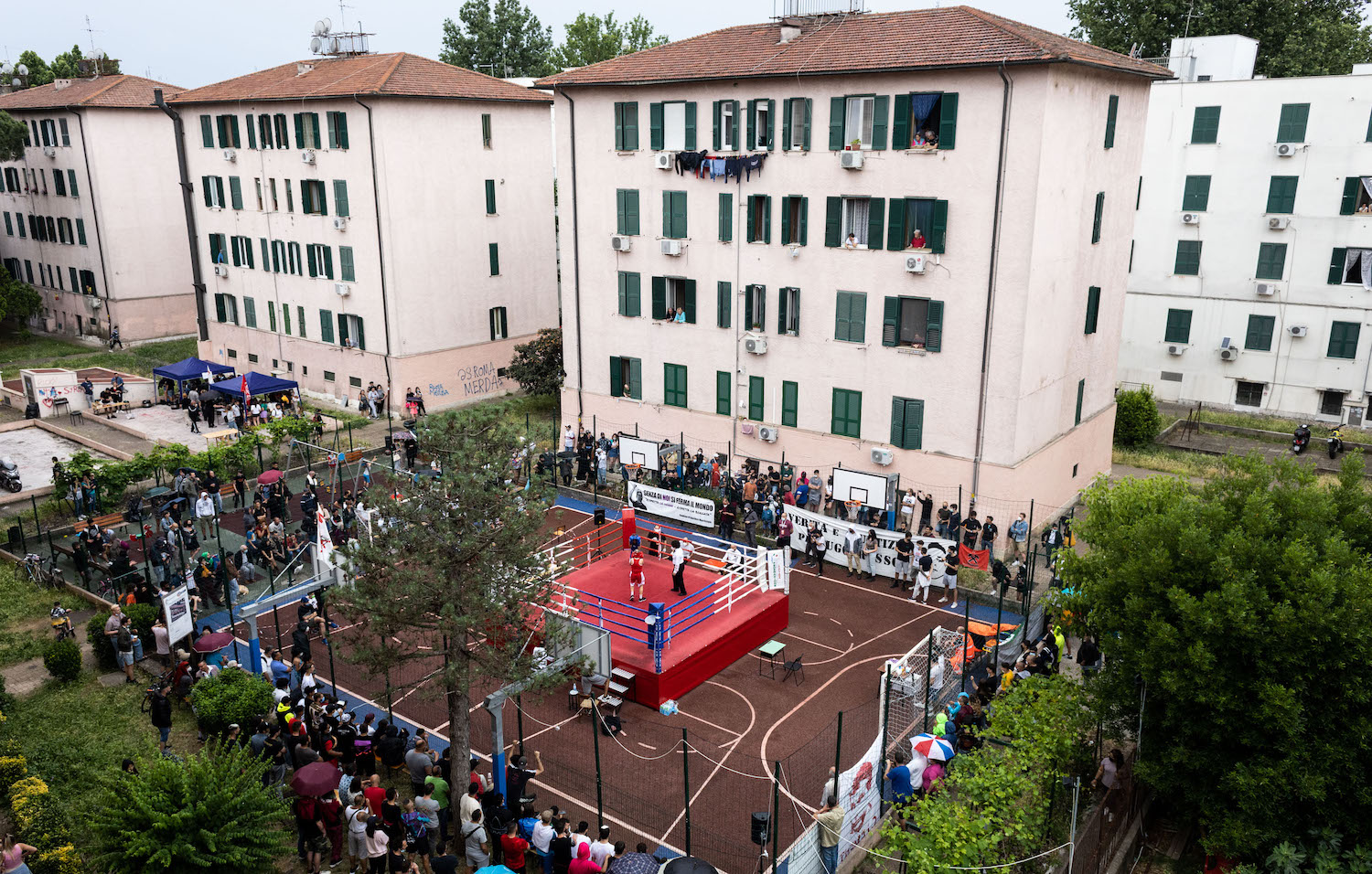
Quarticciolo, a historic and working-class district of Rome, is undergoing significant transformation. While the Italian government promotes the Caivano emergency decree—focused on security, control, and
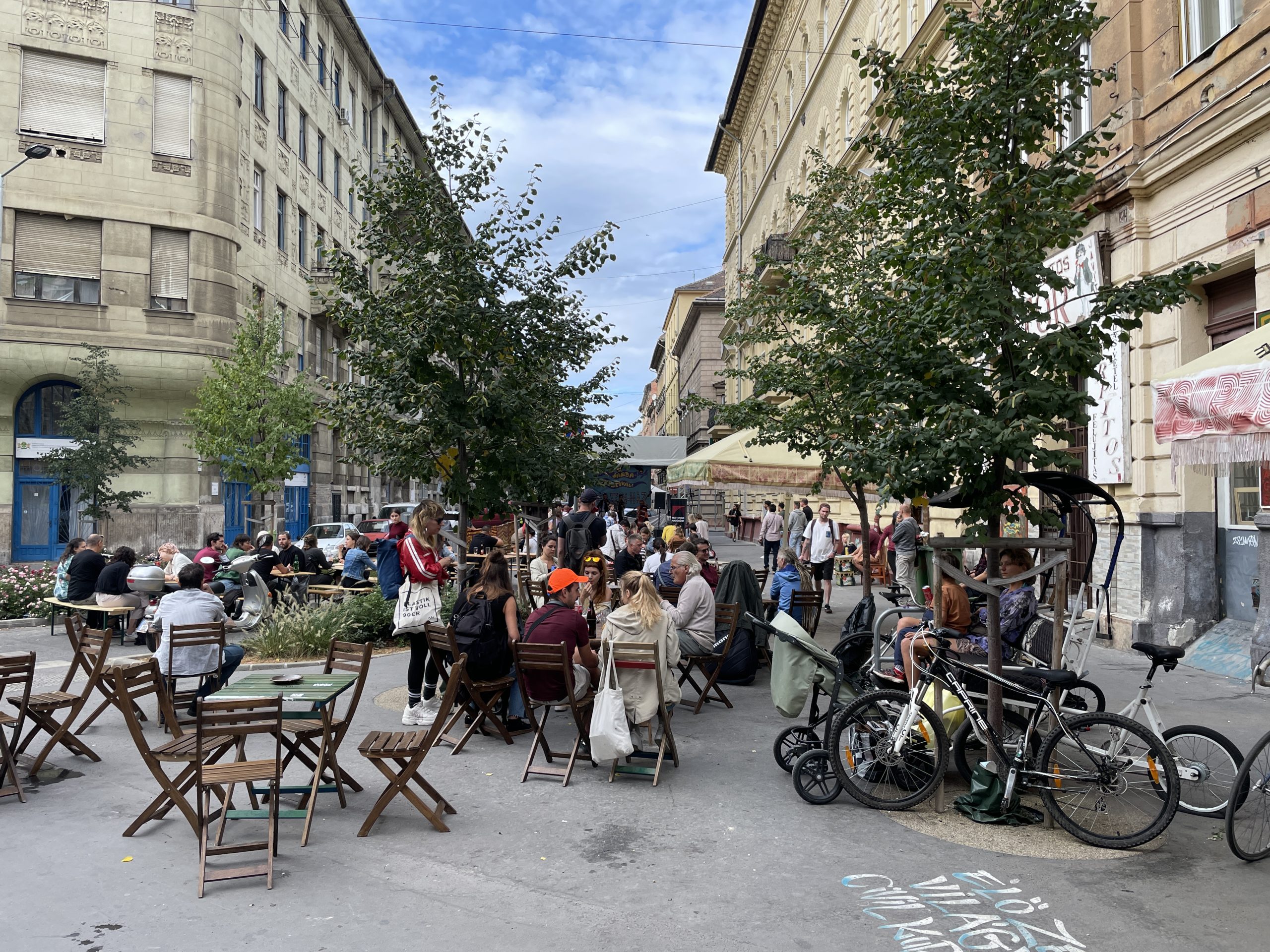
I’m walking down Budapest’s Népszínház Street. Leaving behind Blaha Lujza Square, one of the city’s major public transportation hubs, I’m entering Józsefváros, a district that
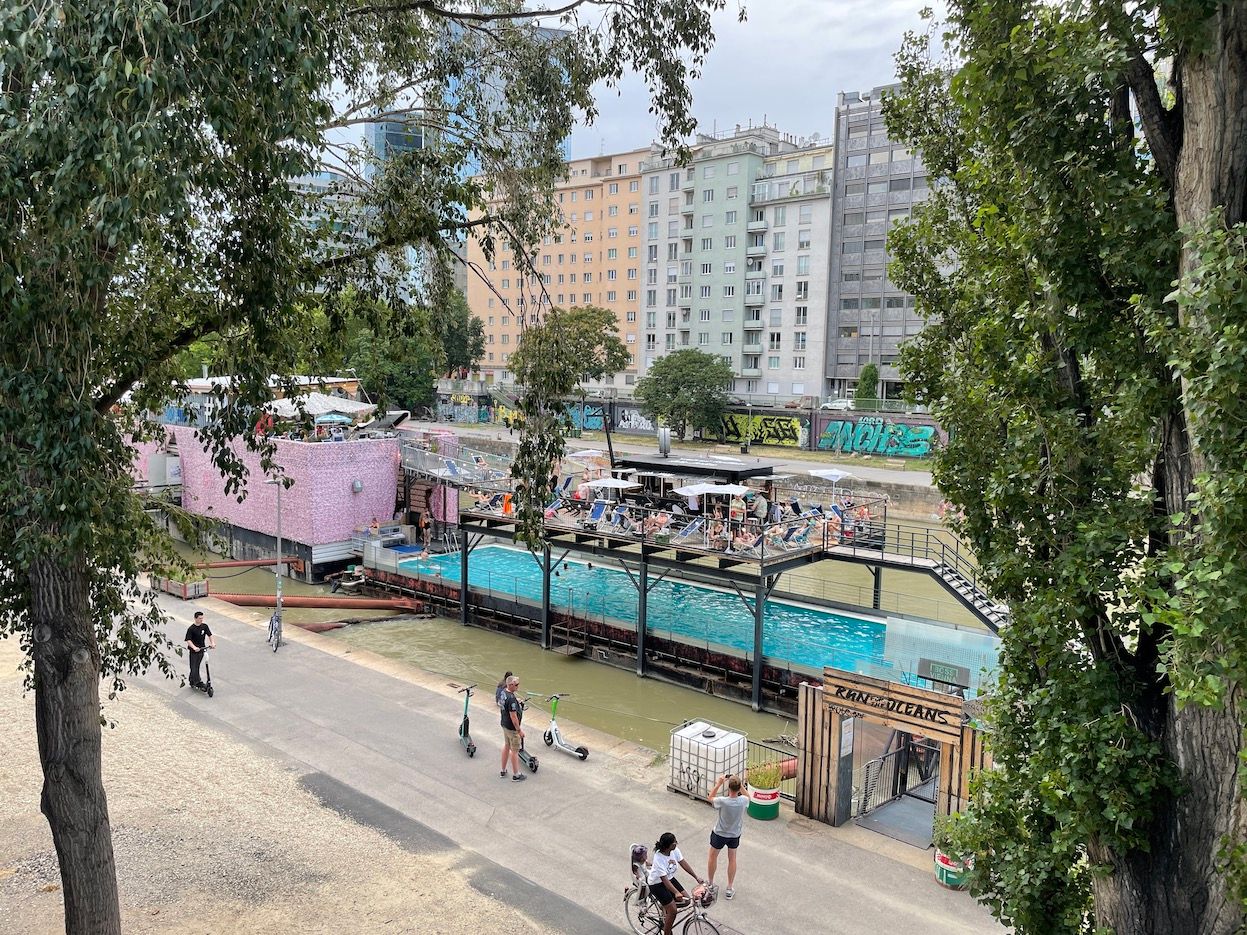
What makes a public space truly belong to the people who use it? Can design empower communities or does it risk excluding them? Is placemaking
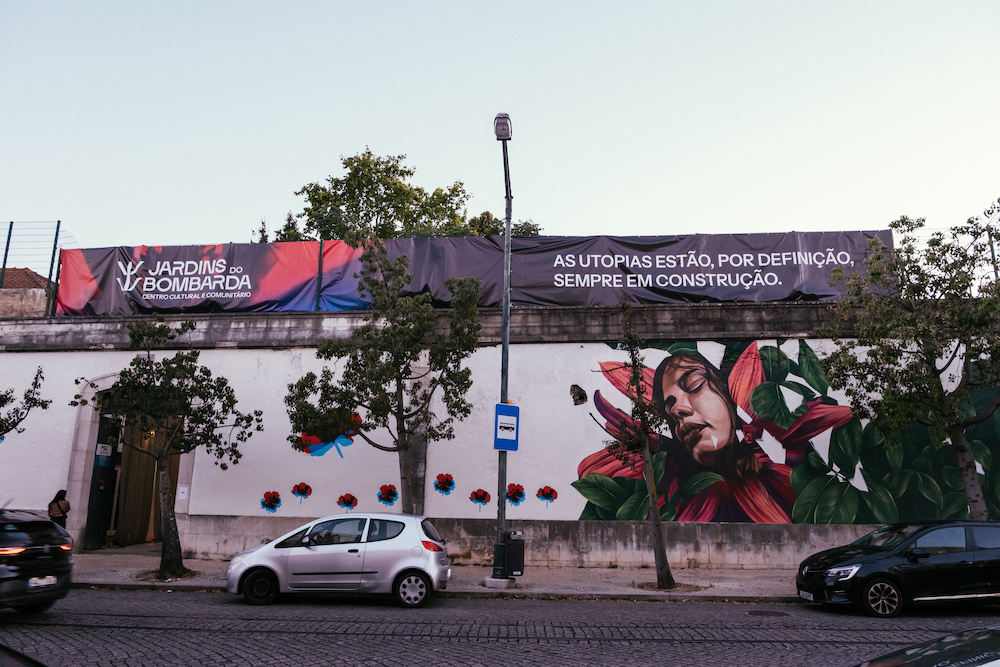
Jardins do Bombarda is a cultural and community centre run by Largo Residências, a cultural and social solidarity cooperative. The organisation moved to the premises
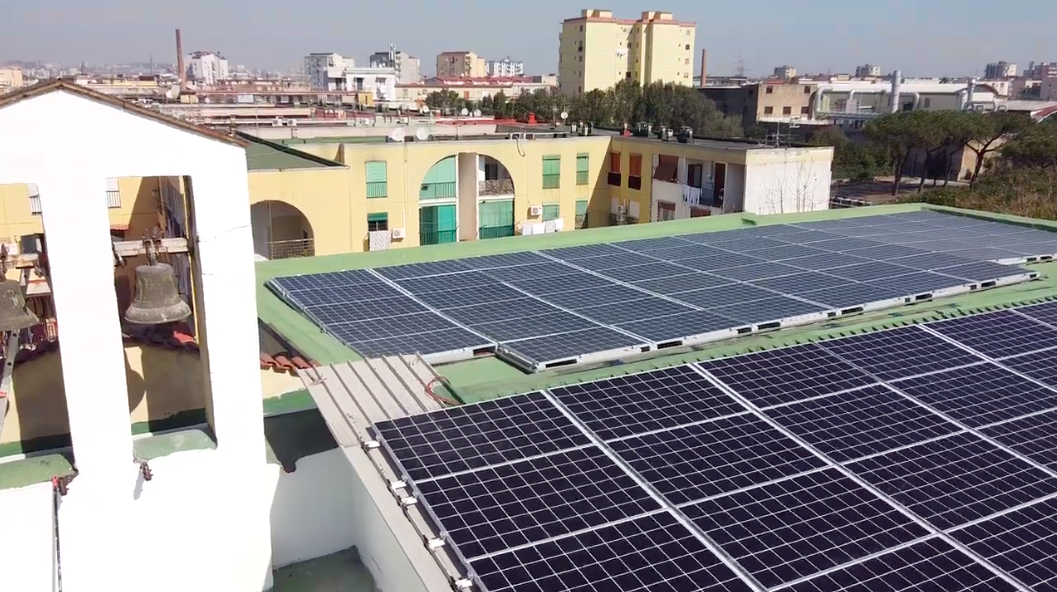
The Solidarity Energy Community of East Naples in San Giovanni a Teduccio is pioneering a transformative approach to renewable energy that combines hands-on education with
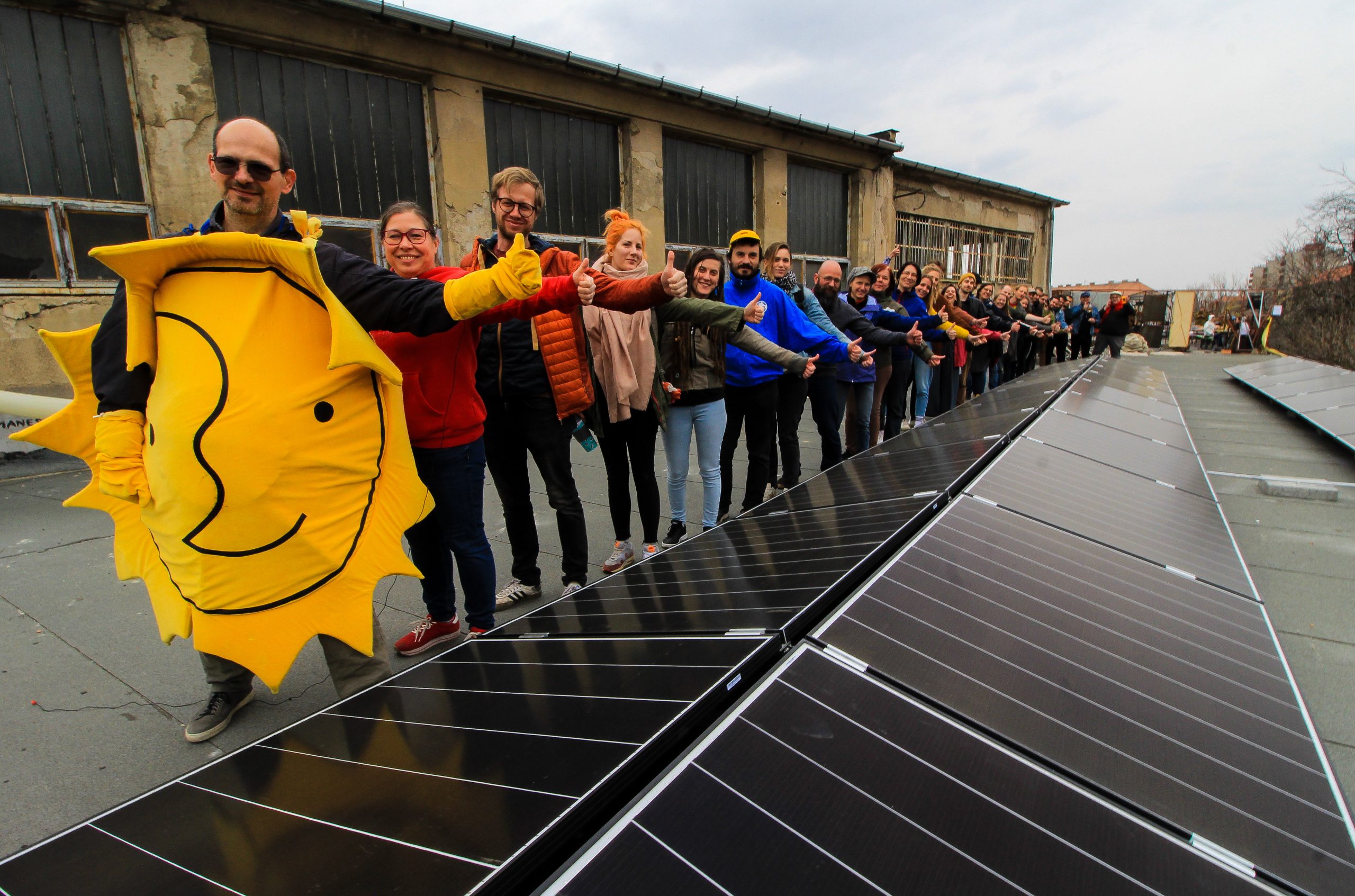
Energy transition offers major structural changes to energy supply and consumption in our energy system in order to limit climate change. Especially after the breakout

Over the past years an increasing attention towards environmental justice is gaining more public attention through media, activism and civic participation. The PUJ project in

We all have used book libraries but what about a leisure library that allows you to try new sports by sharing outdoor equipment that you
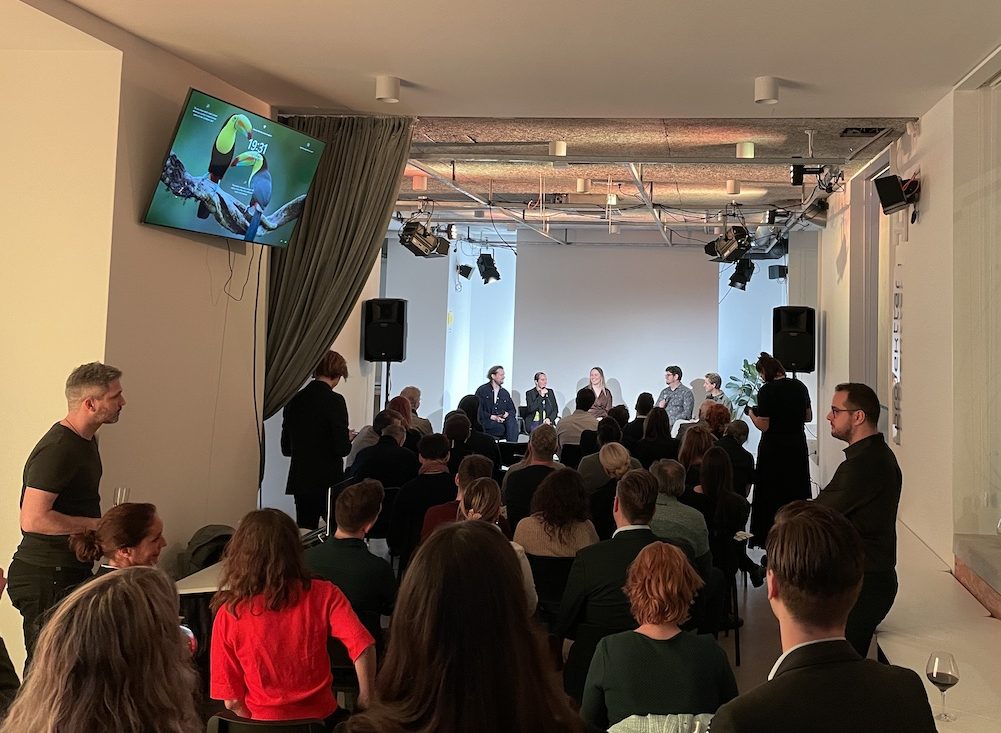
In the Bartók Cultural Quarter of Budapest’s Újbuda district – characterised by universities, cultural institutions, art galleries, tech companies, and restaurants – an important experimental
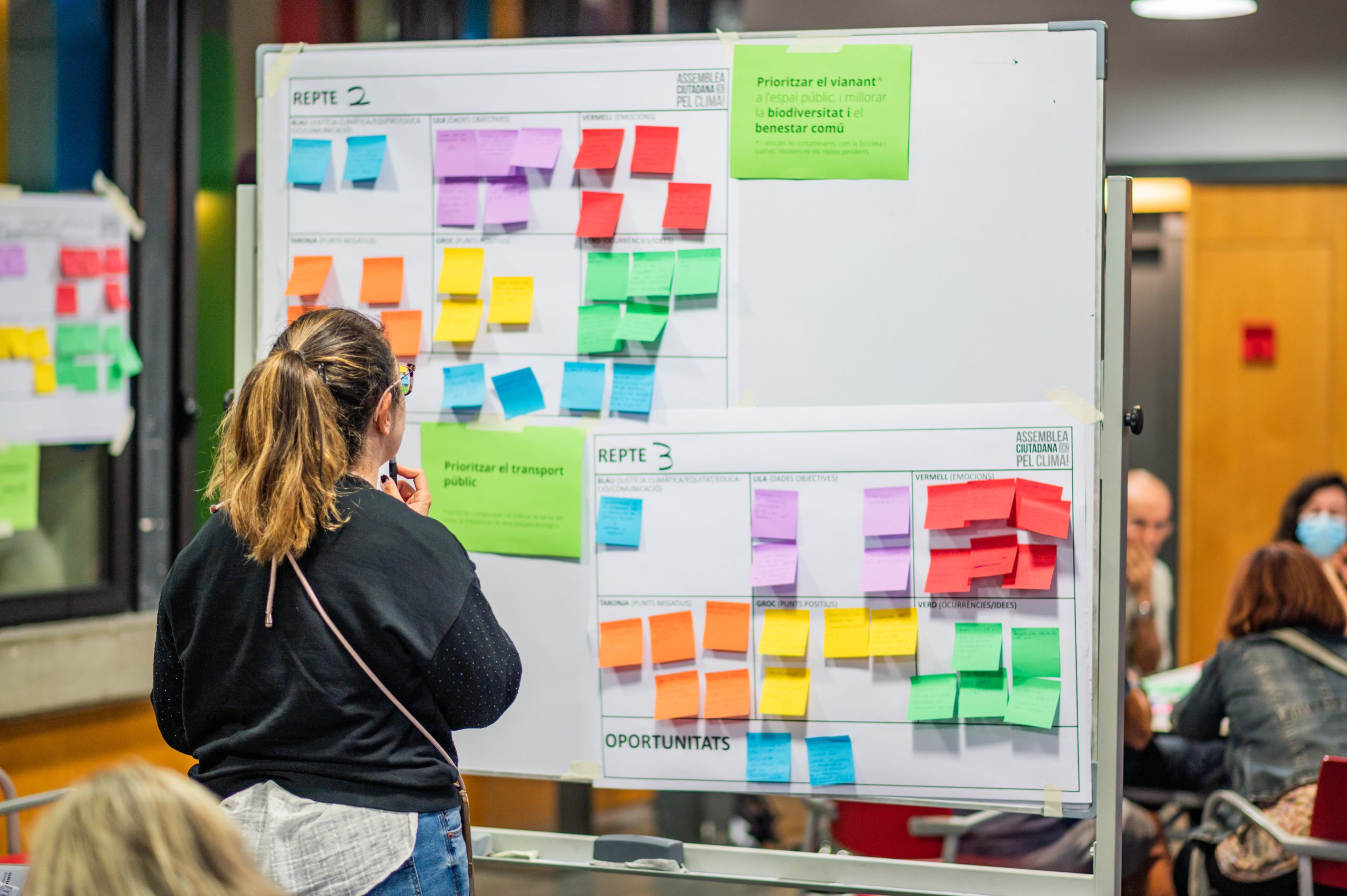
The Barcelona Climate Assembly, run by the city council, involved citizens in the decision-making process regarding climate change policies. The assembly was composed of randomly
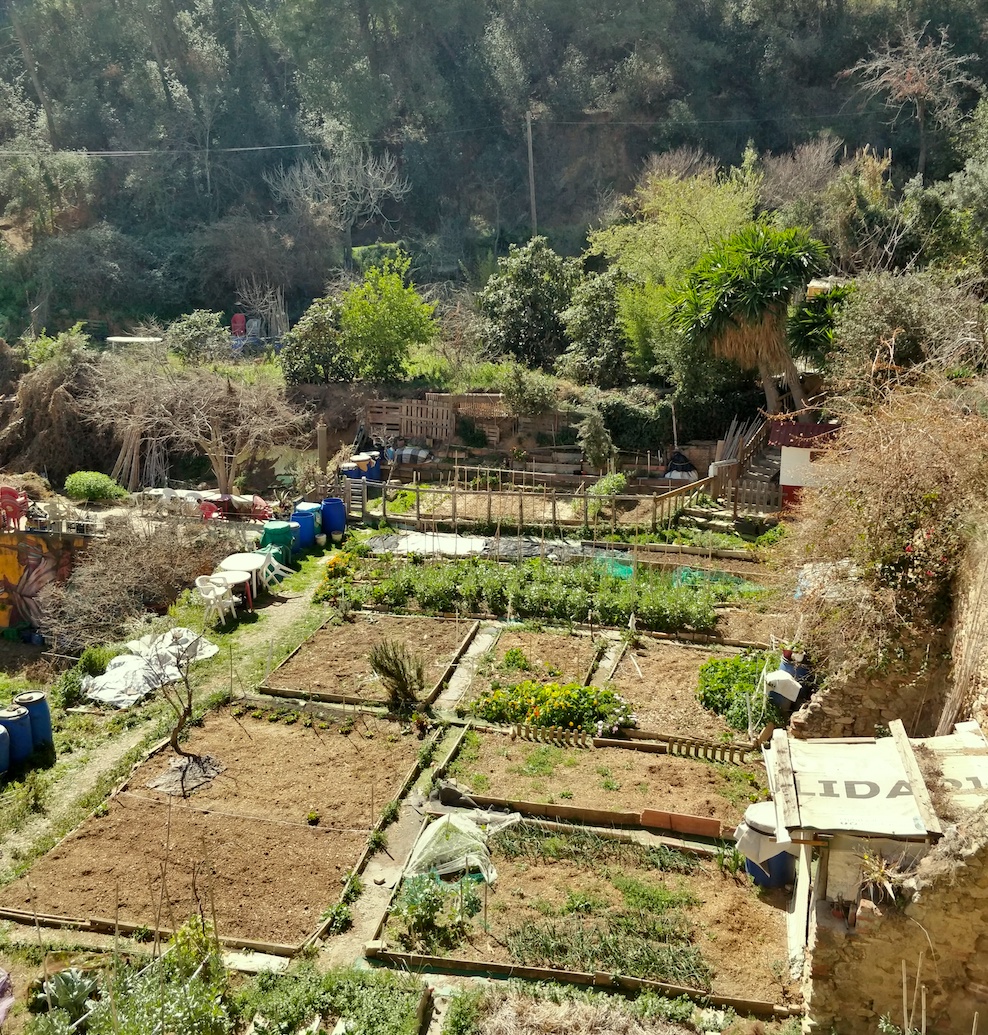
In the global pursuit of sustainable urban development, Barcelona has emerged as a pioneering city, leading the way in fostering a sustainable and healthy food
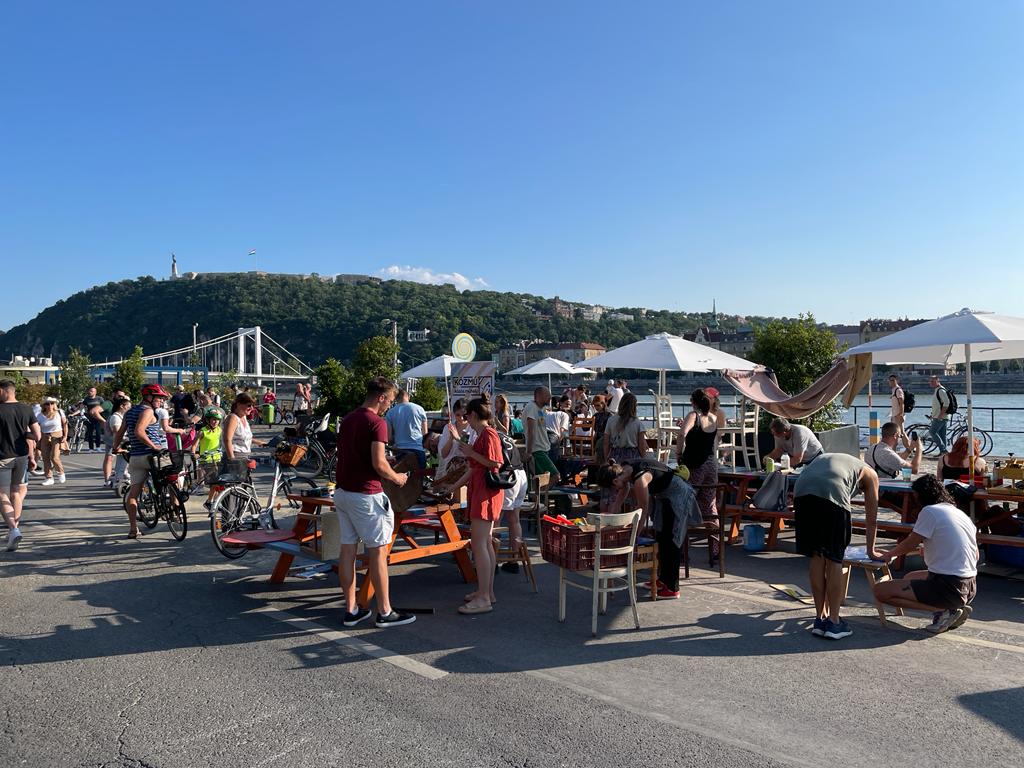
Independent culture is a vital ingredient of Hungary’s cultural landscape. While Budapest remains a thriving metropolis with a strong independent scene and many smaller towns
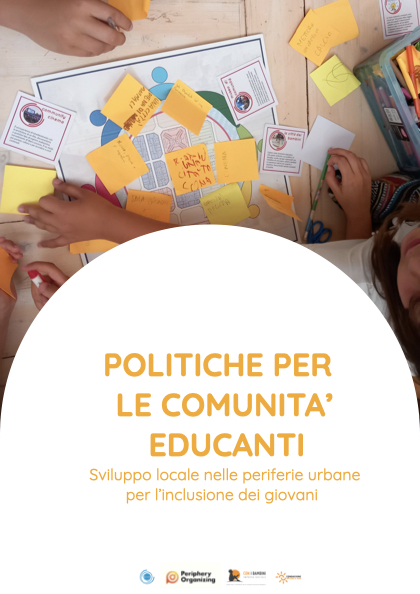
Rigenerare e ripensare le periferie della Penisola con un progetto per i giovani che vivono in quartieri periferici. Luoghi difficili e molte volte con una incapacità di inclusione sociale, innovazione e sostenibilità. Il progetto Periphery organizing – Daje un po’ incentrato su tre aree difficili del territorio capitolino attraverso un percorso di conoscenza, ascolto e attività ha avviato relazioni ed azioni in cui si sono messi al centro i rapporti umani e l’interesse comune di riqualificare alcune aree e una rigenerazione sociale.
Il progetto con l’obiettivo di formare una comunità educante che sostenga i giovani nel partecipare alla vita pubblica e nel contribuire allo sviluppo socio-economico dei loro contesti di riferimento (Tor San Lorenzo, Tor Bella Monaca e Corviale) ha reso i giovani protagonisti del contrasto alla povertà educativa e quindi insegnargli a chiedere quello di cui hanno bisogno c’è bisogno di una comunità educante che sappia accogliere, comprendere e sostenere le loro istanze.
Le attività del progetto riguardano le seguenti macro aree: educare la comunità educante alla partecipazione; educare i giovani a sviluppare le proprie idee ed alla partecipazione; creare un reale scambio di metodologie tra i partner di progetto; creare policies innovative per lo sviluppo delle periferie, con focus all’inclusione dei giovani.
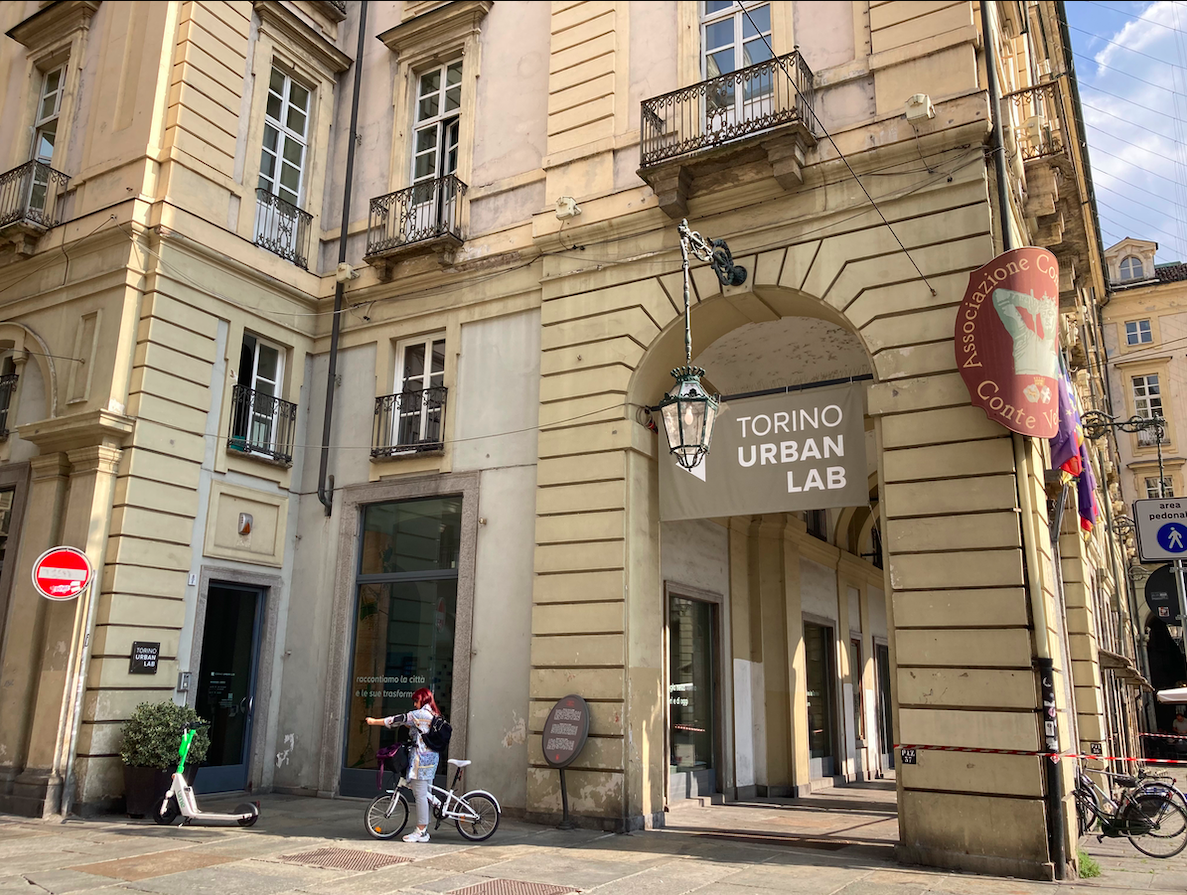
Urban Lab Torino is an independent association that tells the story of the large-scale transformation of Turin and its metropolitan area. Working closely with the
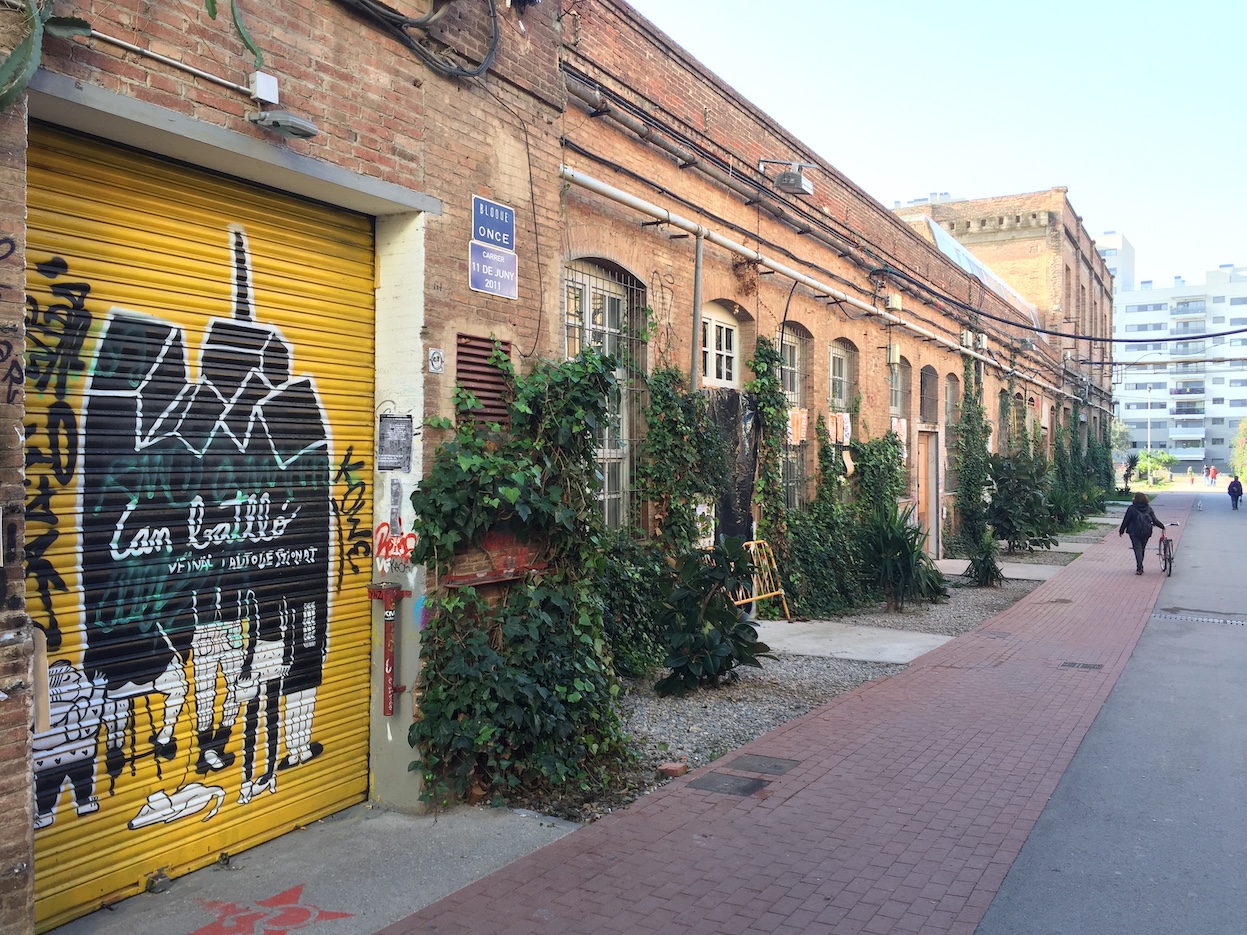
Like other major European cities, Barcelona has a great industrial heritage that can now be re-used for a new and different development of its urban
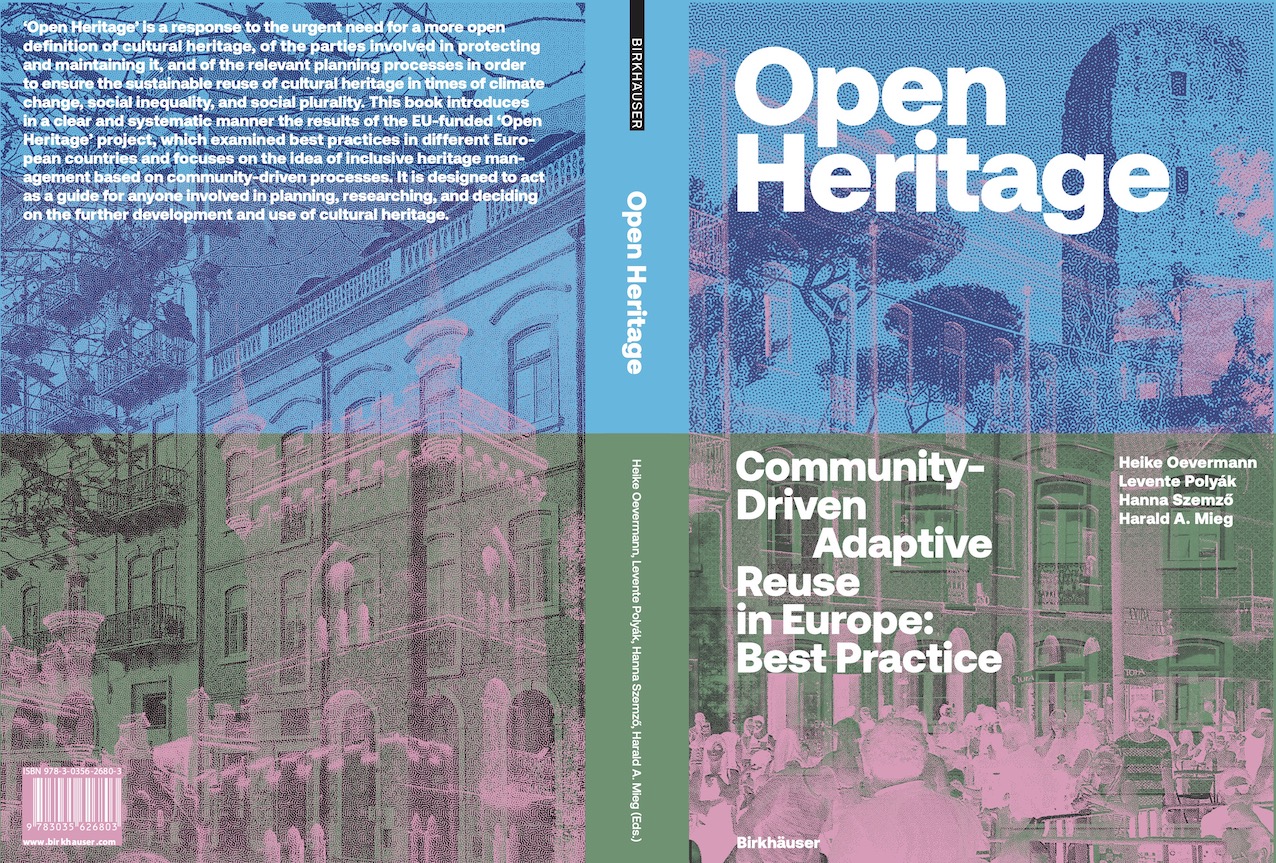
Heritage is a crucial component of our individual and collective identities, communities and social infrastructure as well as our urban and rural fabrics. Heritage assets,

Edited by: Heike Oevermann, Levente Polyák, Hanna Szemzö, Harald A. Mieg
Publisher: Birkhäuser, Basel, 2023
Format: Paper size B5, 216 pages
ISBN 978-3-0356-2680-3
Published: 2023
Pages: 216
Language: English
E-Book Published: 21 Aug 2023
ISBN: 978-3-0356-2682-7
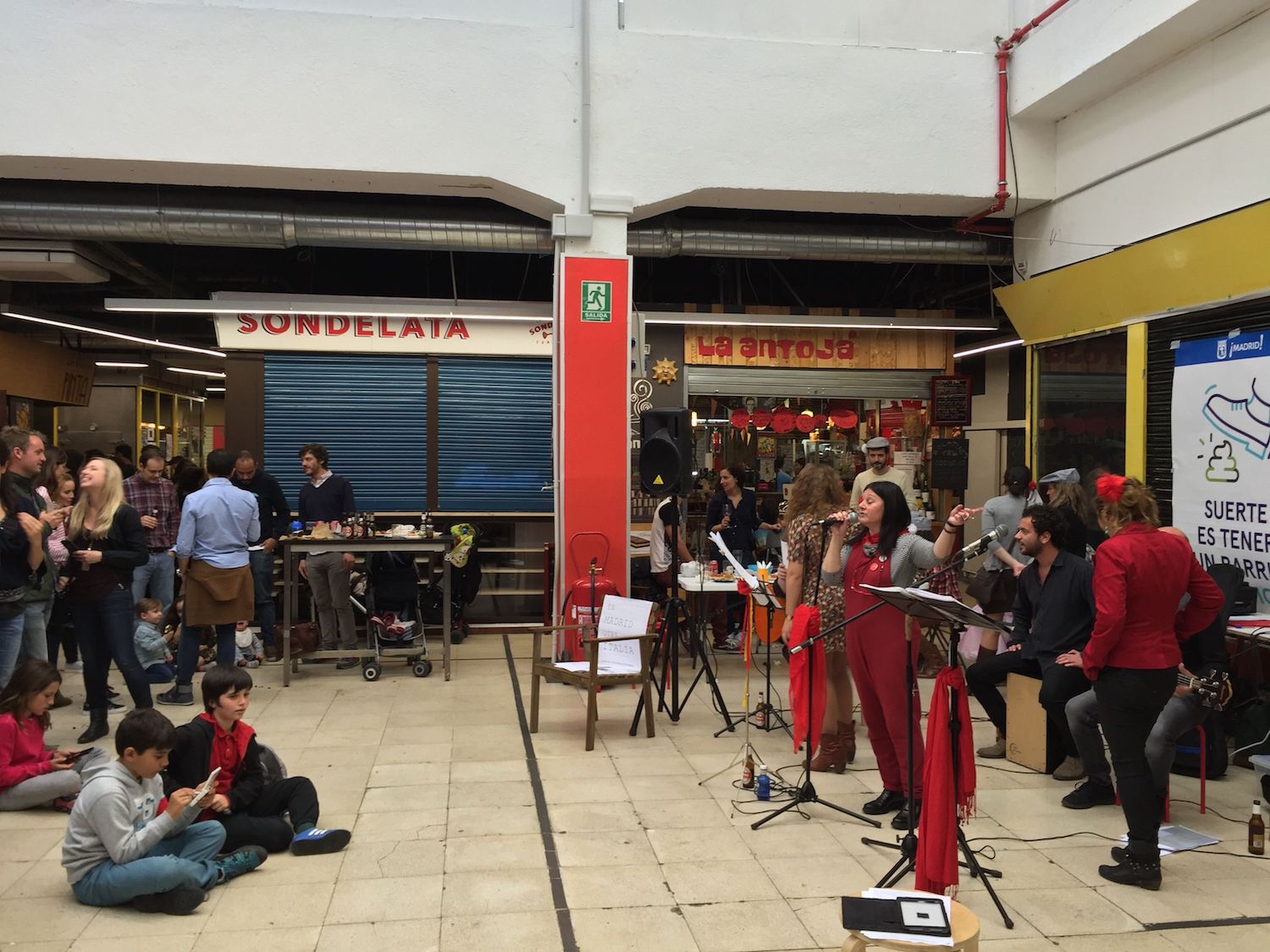
Over the past decade, market halls and open air food markets have become an important arena for urban regeneration. Although many of today’s European cities
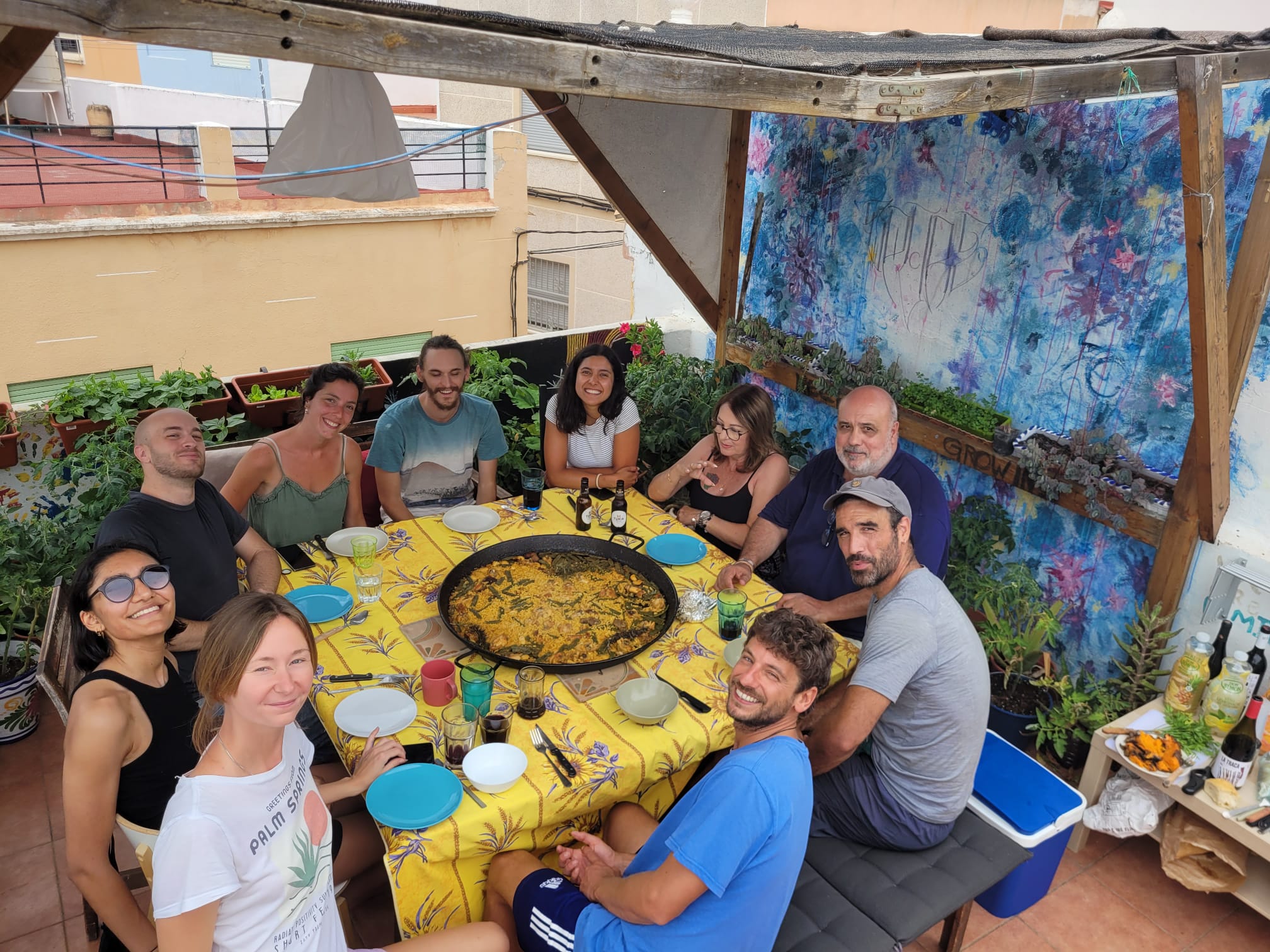
Spores Home is a self-sustaining co-living space in Spain. Founded by an innovative entrepreneur, it offers affordable housing to people from various ways of life.

Rome’s transformative journey towards developing a comprehensive food policy reflects the profound influence of food on the city and its inhabitants. Inspired by international research
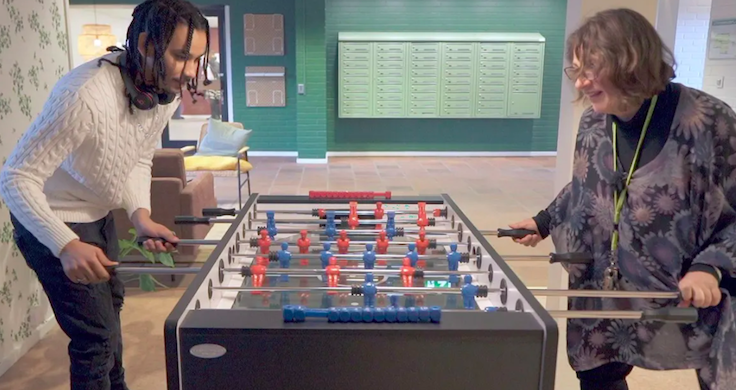
“A new way to live” states the website of the revolutionary SällBo co-housing project where young people between the ages of 18 and 25, including
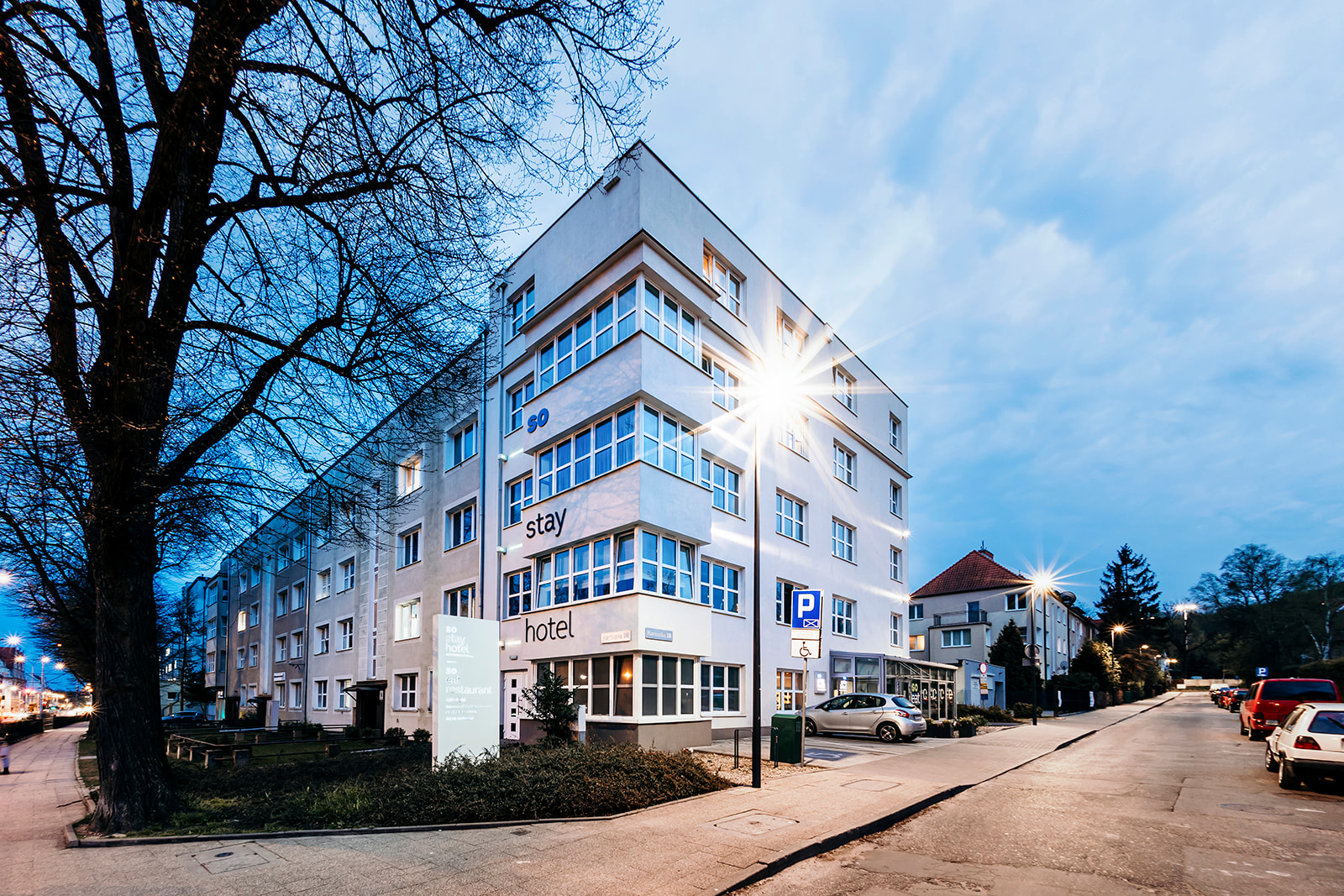
In the past years, tourism’s growing share in national economies and the increasing touristification of many European cities prompted social innovators to develop new forms
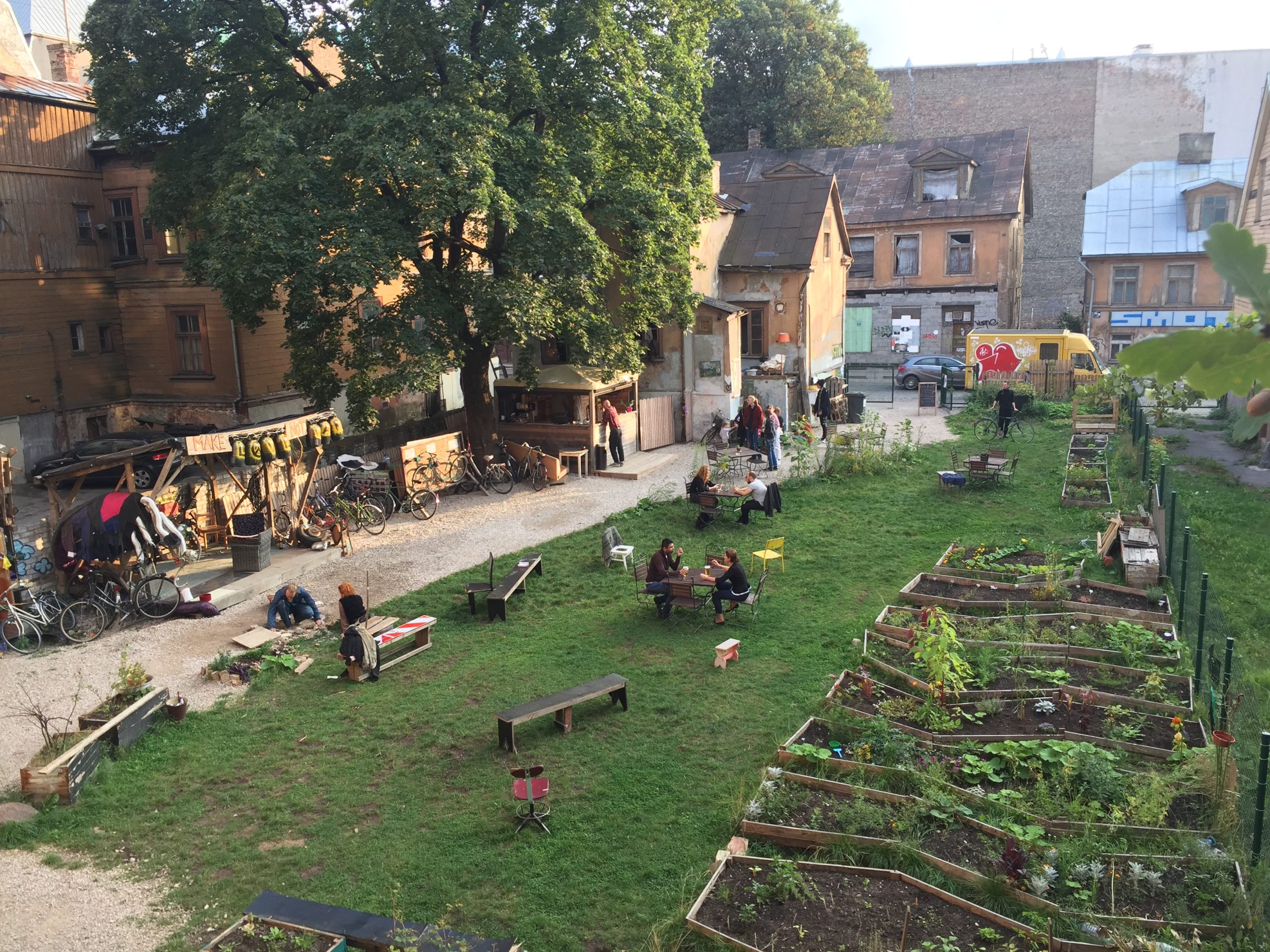
Free Riga is an organisation promoting the temporary use of vacant and underused buildings across the city of Riga. Founded in 2013, Free Riga gained
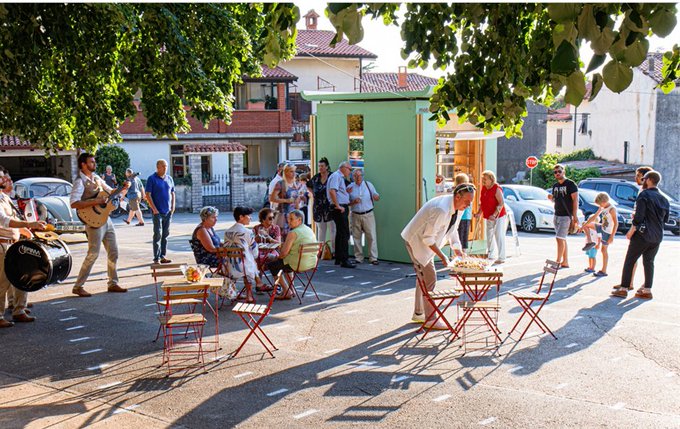
Eutropian collaborated with the URBACT III network focusing on sustainable mobility as engine for social and economic cohesion of local communities. An overview on the
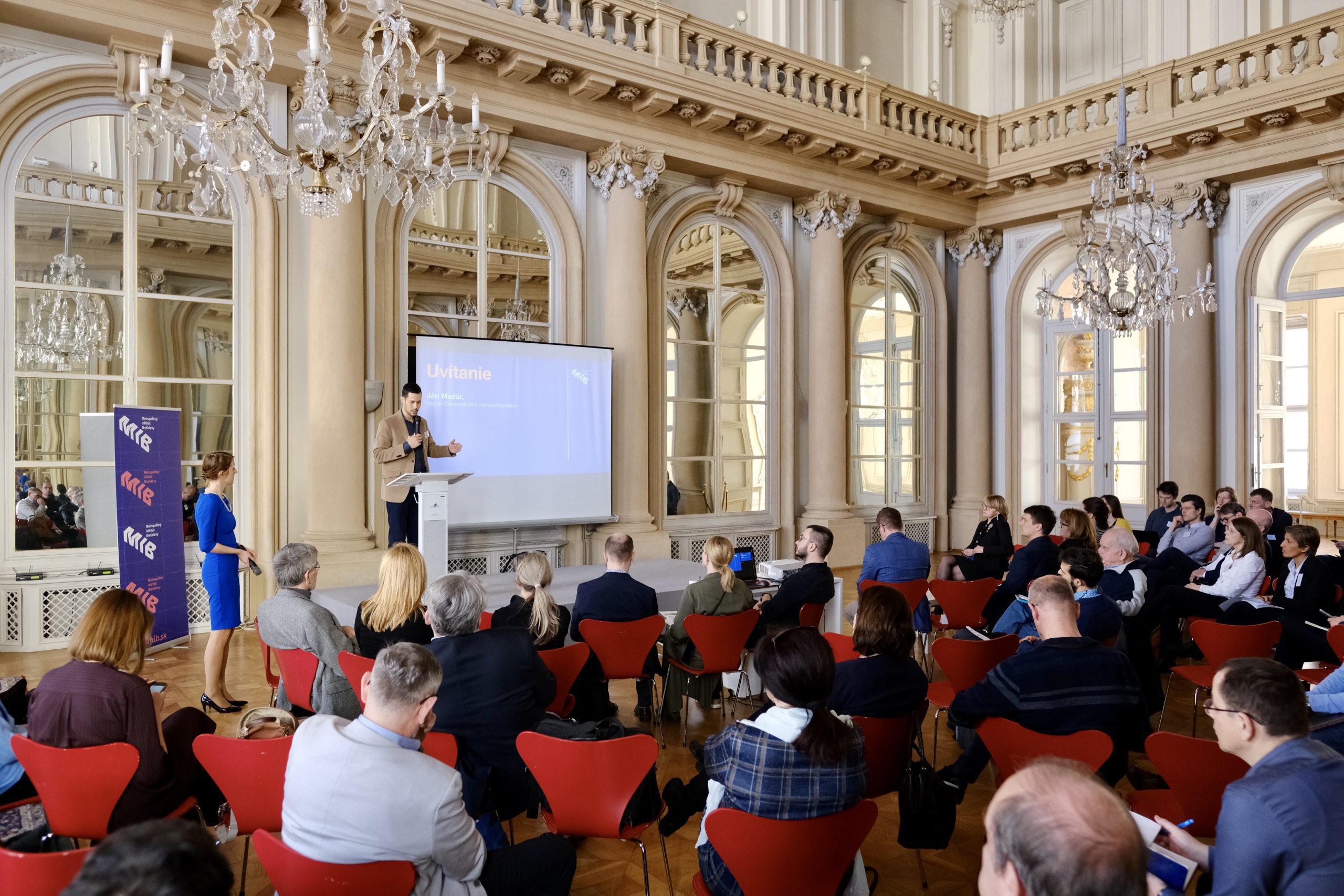
The Metropolitan Institute of Bratislava (MIB) is a new urban centre that aims to bring fresh, dynamic, participatory and data driven urban developments to the
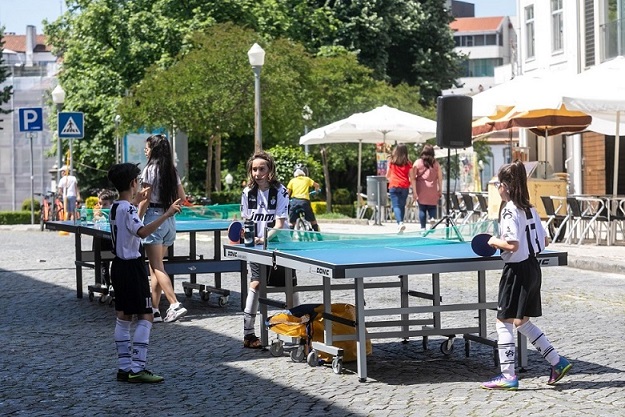
Eutropian collaborated with the URBACT III network focusing on sustainable mobility as engine for social and economic cohesion of local communities. This article is an
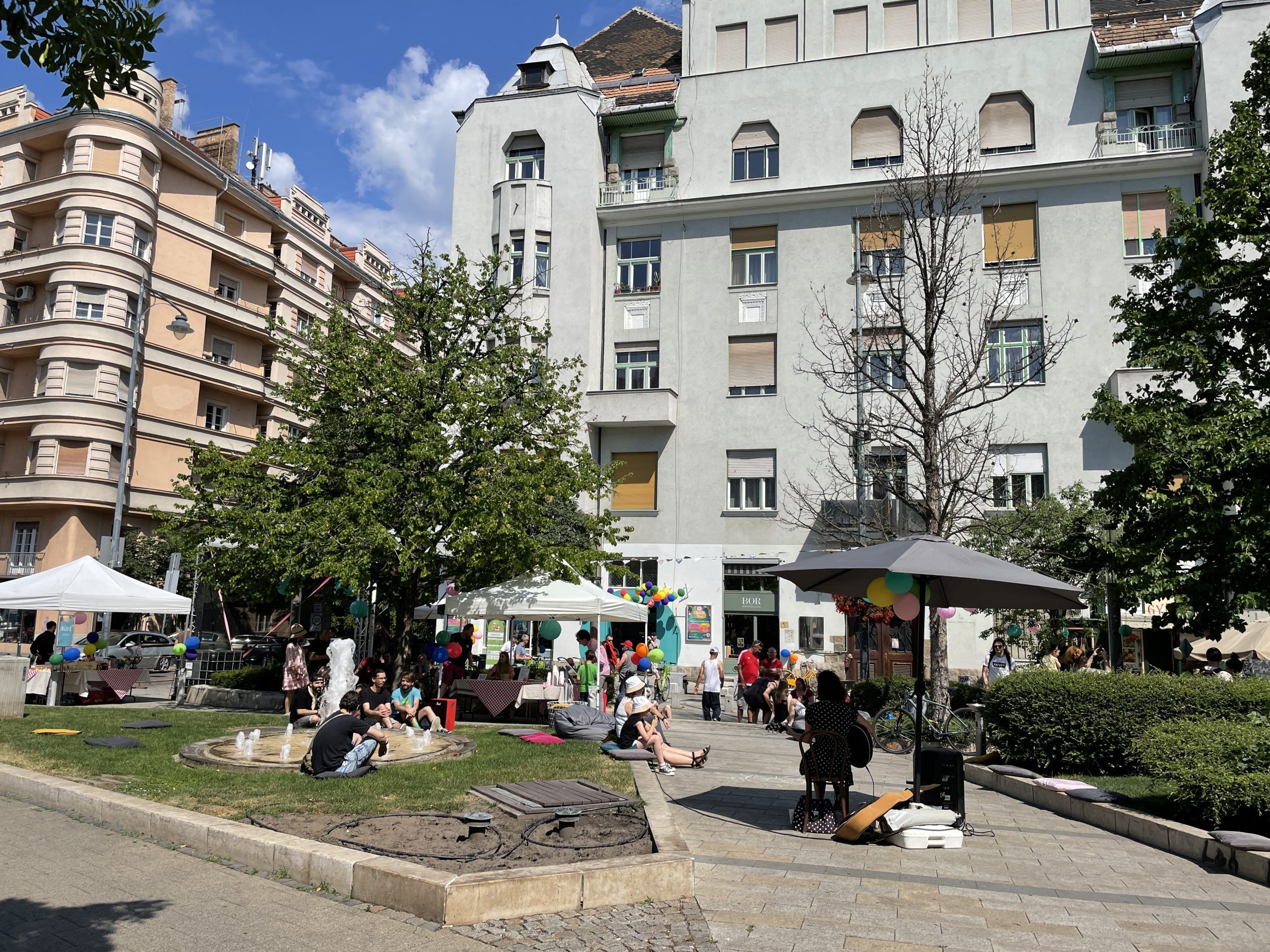
How to conceive a new cultural institution in an area already known for its strong cultural scene? How can a new venue integrate into an
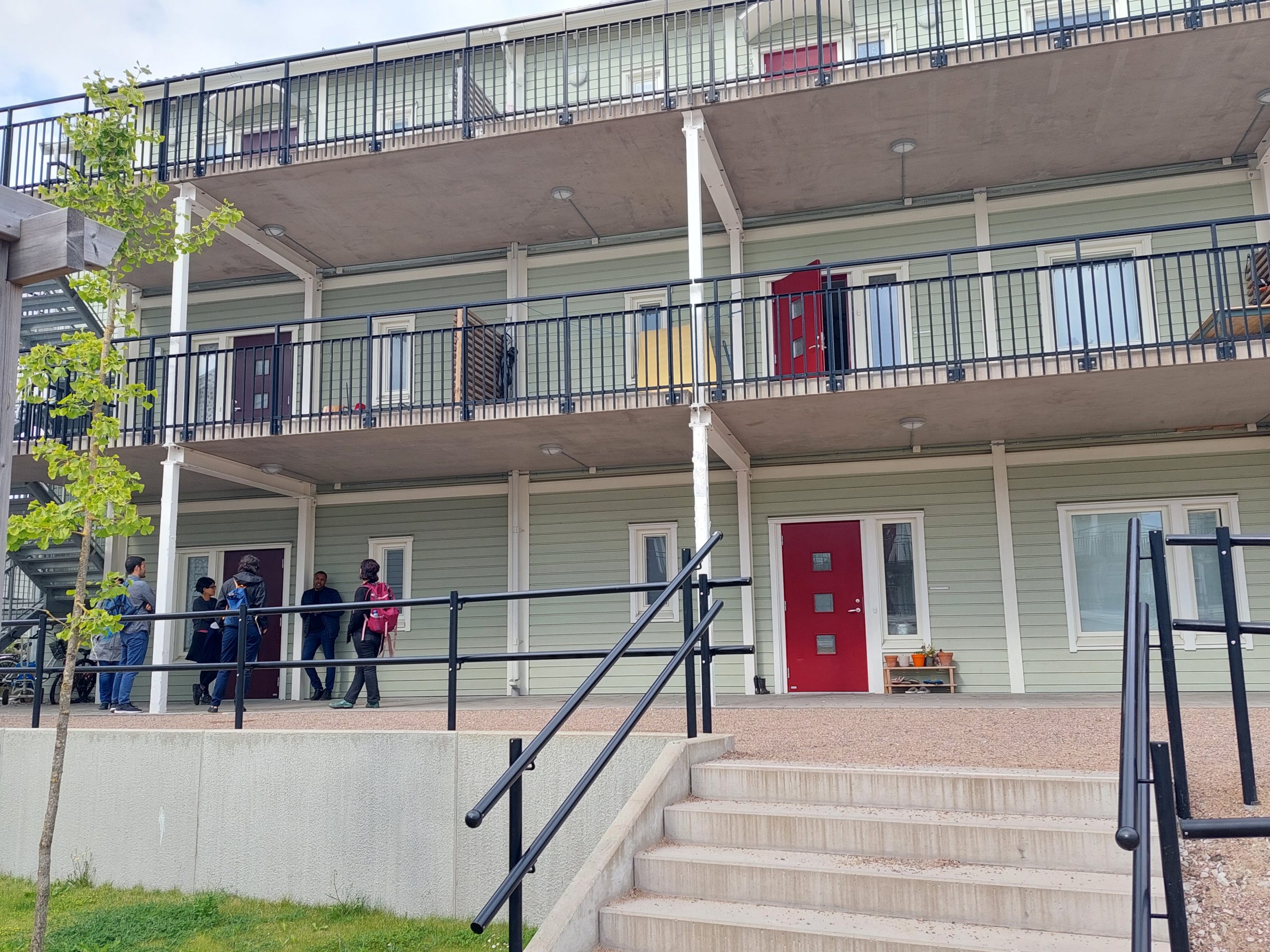
The blog presents an initial reflection on emerging challenges that the influx of refugees from Ukraine – about 7 million people since 24 February 2022

CUP4Creativity is a project of the Budapest district of Újbuda, funded by the EU’s Urban Innovative Actions programme. The project builds on the district’s current
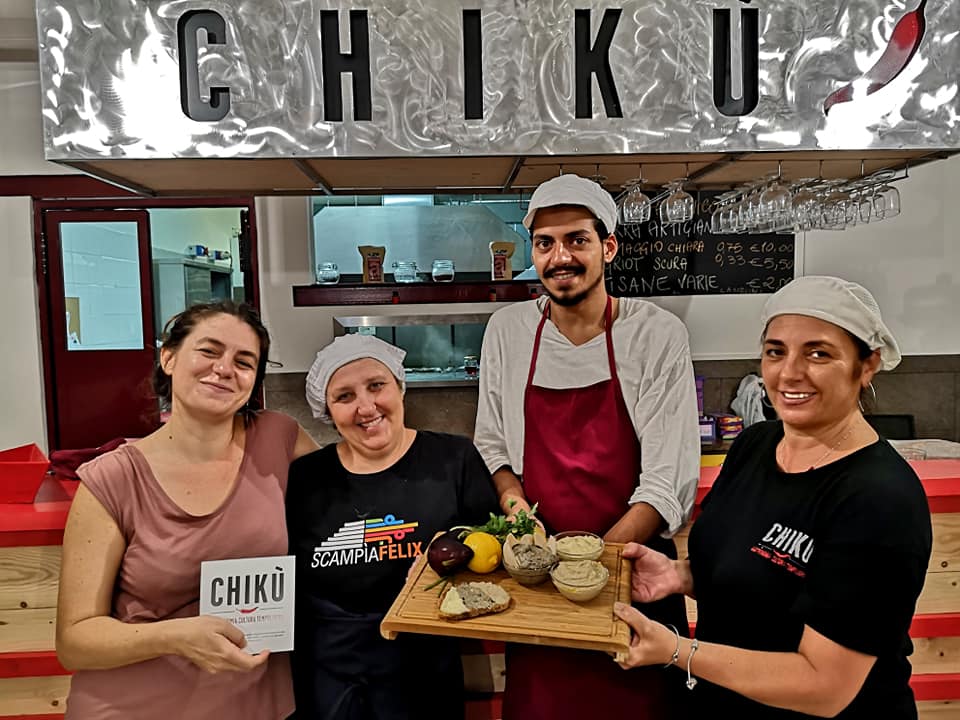
In Scampia, one of the most challenged suburbs of Naples, a popular initiative uses women’s emancipation, art and culture, pedagogy, good food and social capital

Prato Urban Jungle (PUJ), a project launched by the city of Prato, funded by the Urban Innovative Actions (UIA) programme, will regenerate selected districts of
Policies for a City of Solidarity: Observations Solidarity City is a media project by Cooperative City Magazine to promote and strengthen social and solidarity economy
What is Solidarity City Solidarity City is a media project of Cooperative City Magazine to promote and strengthen social and solidarity economy practices throughout Europe.
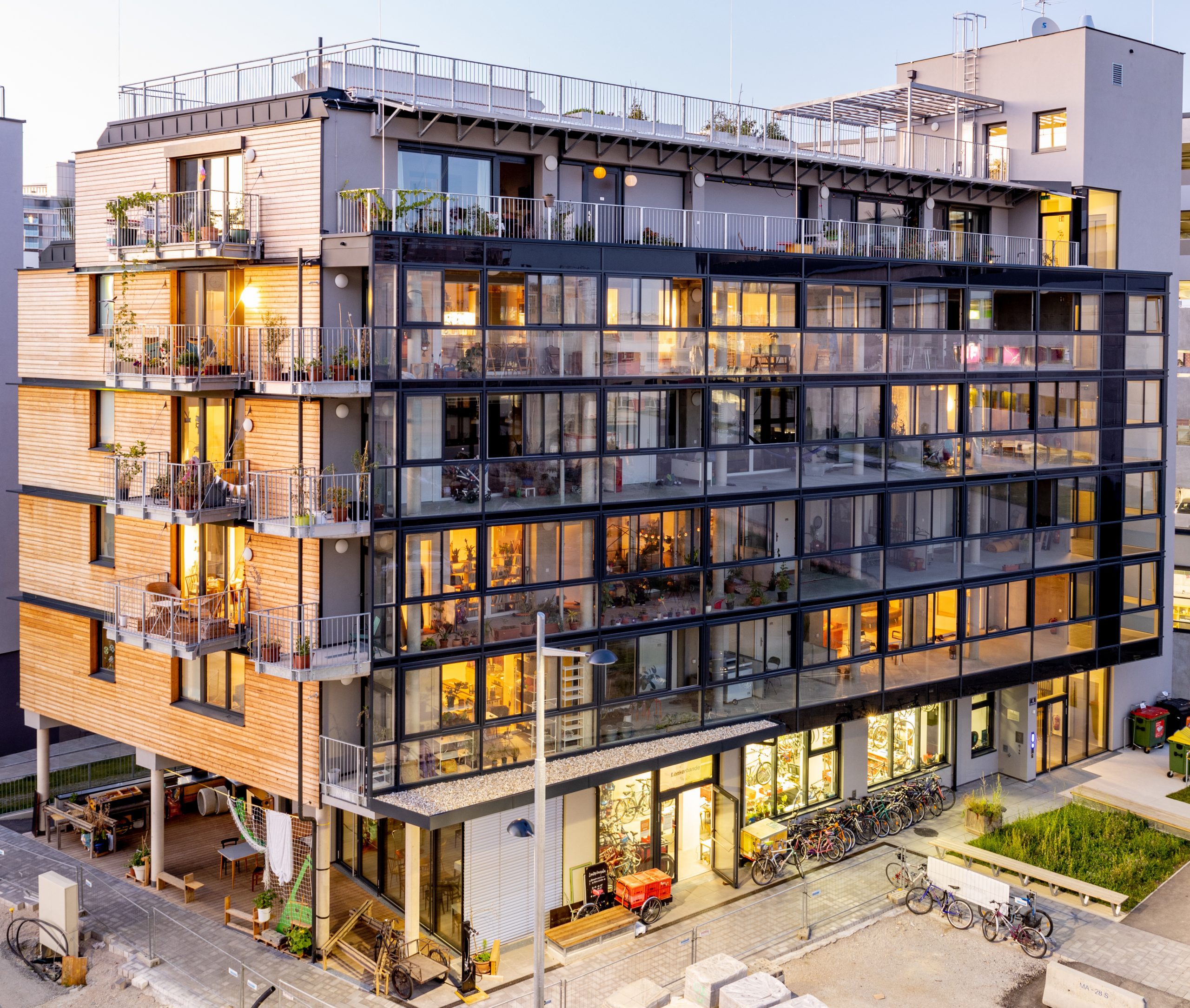
Self-managed and affordable, ecological and inclusive – the pioneering project Bikes and Rails in Vienna’s Sonnwendviertel stands as an alternative to real estate speculation in
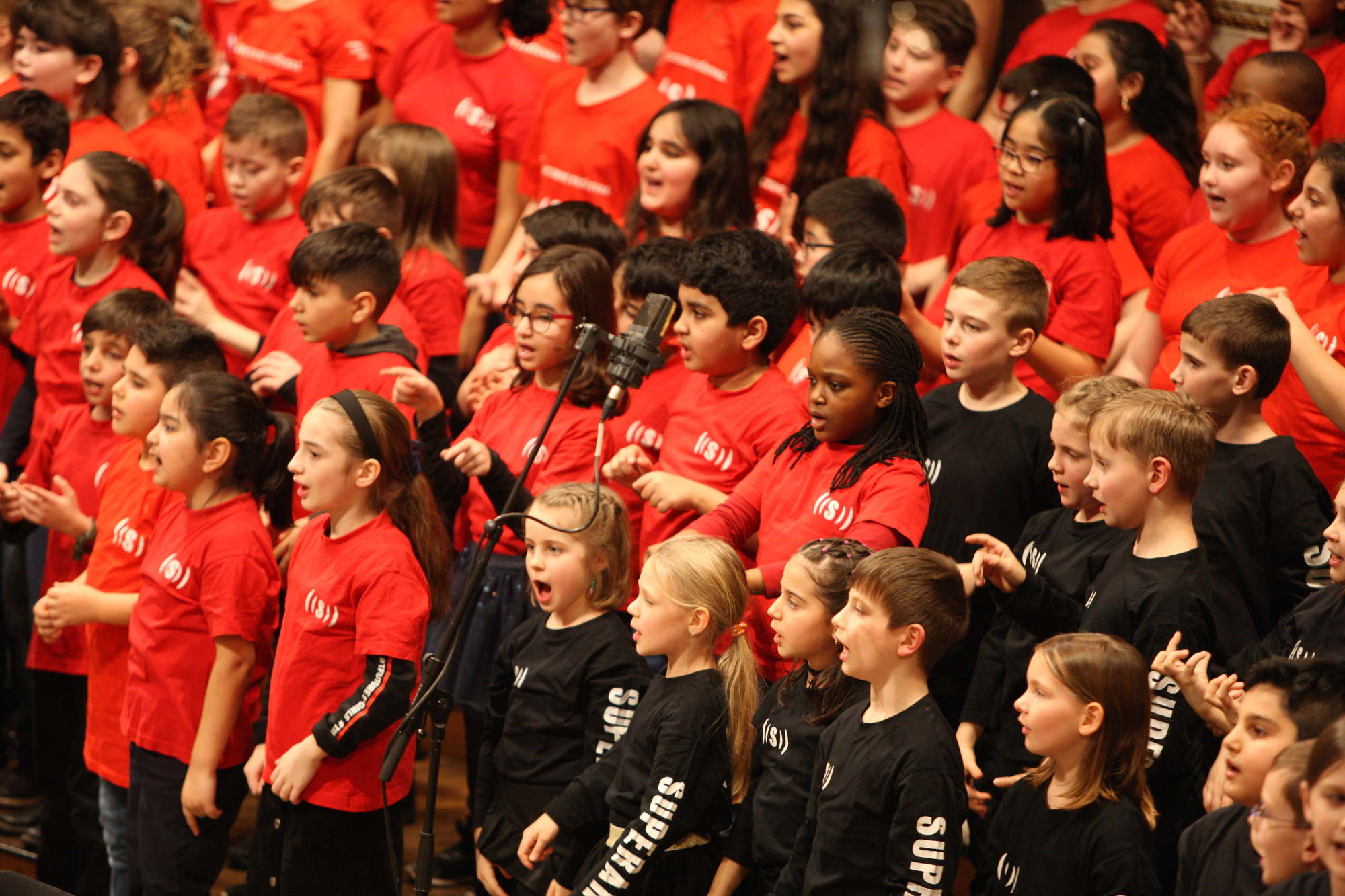
In a city often regarded as the capital of classical music, a city rich in culture with renowned museums and an important contemporary arts scene,

On the site of the old Haschahof, a former farm at the southern edge of Vienna’s Favoriten district, stands today’s Zukunftshof (meaning Future Farm), which
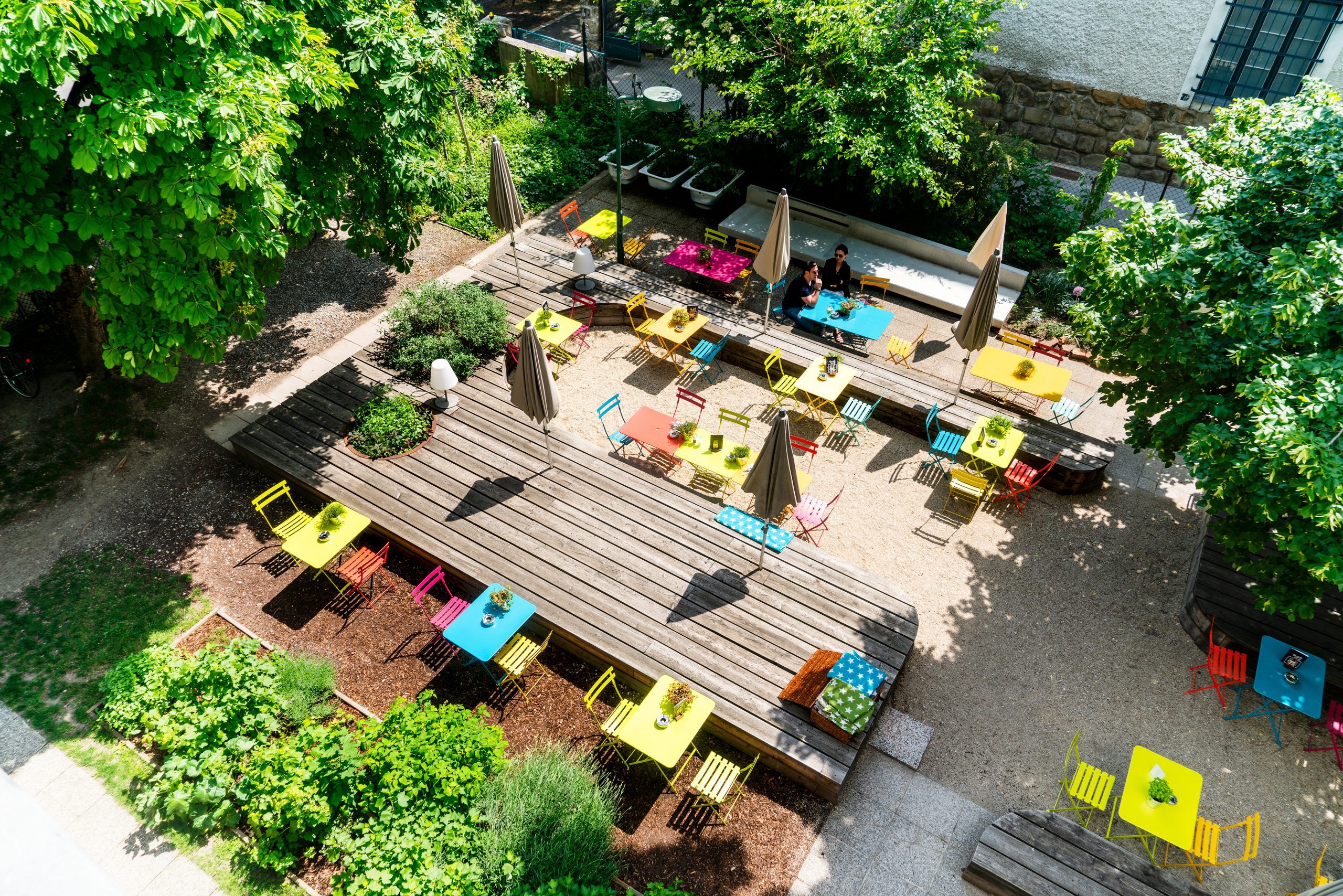
Founded in 2015, magdas HOTEL is not only a cosy, retro-style hotel next to the famous Prater park in Vienna’s 2nd district. “Change the world
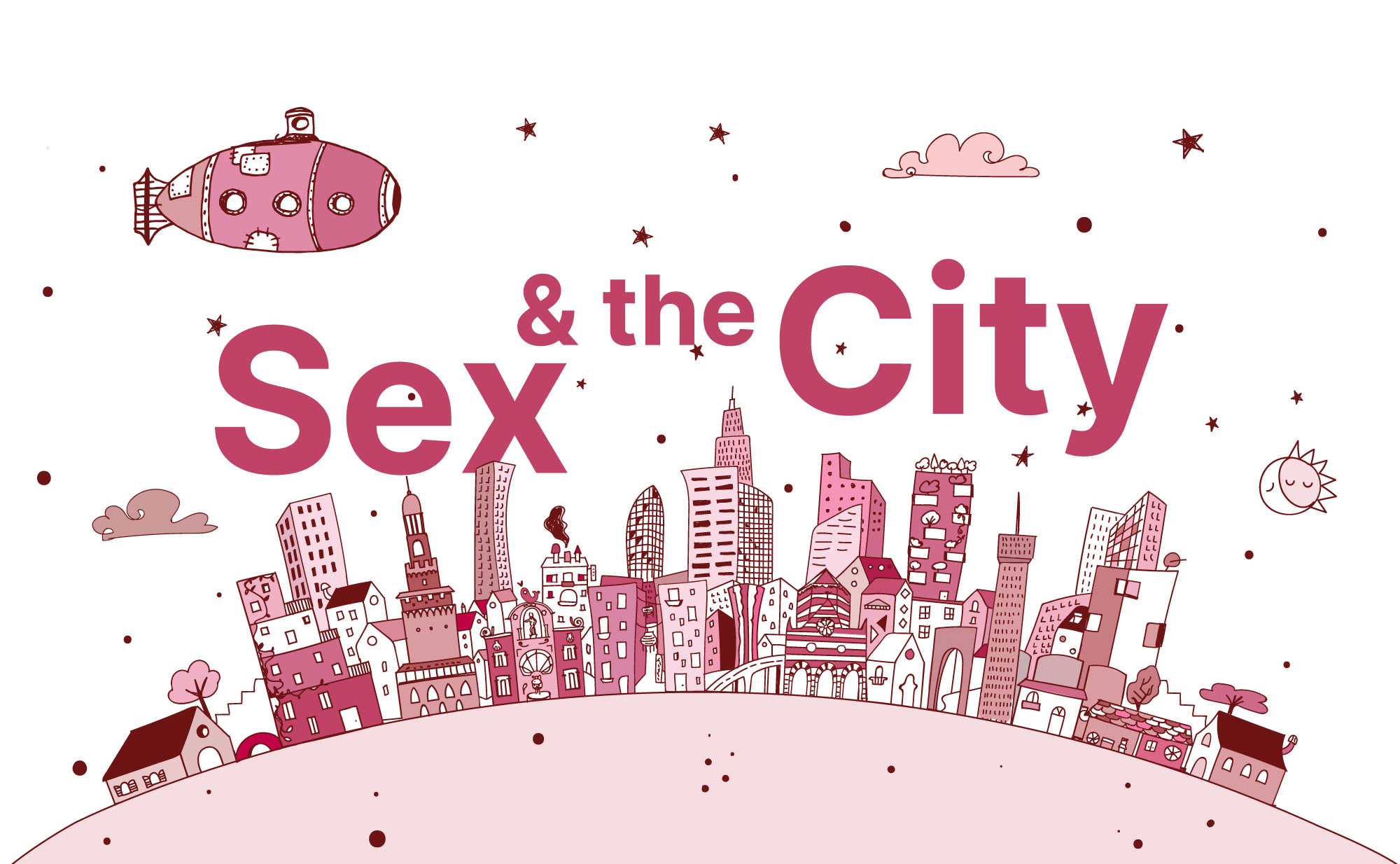
Sex & the City, a gender perspective on urban space is a research project that gathers missing yet much needed data on how different genders
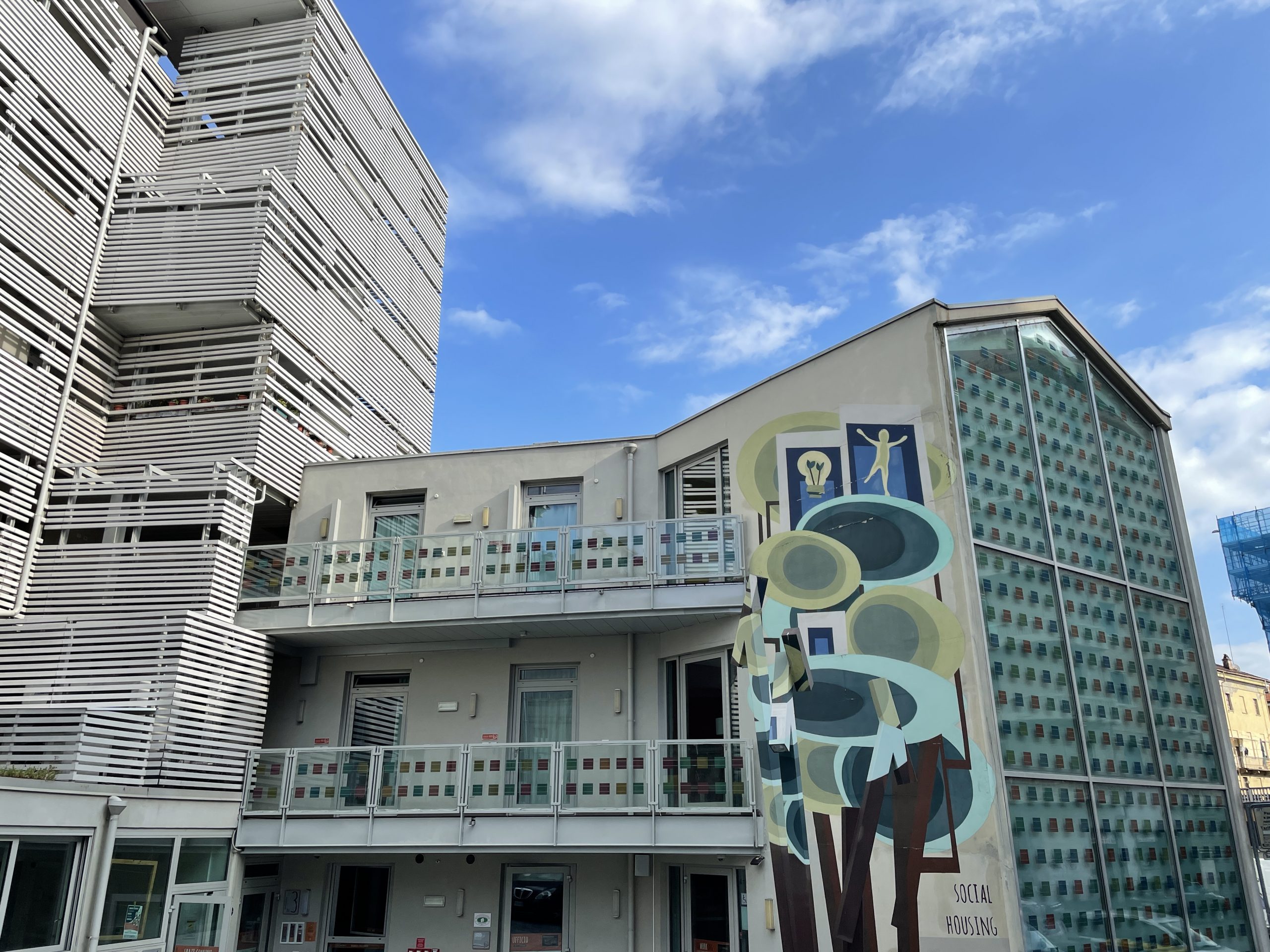
Right in the heart of Turin, just next to the remains of the Roman city walls and the Porta Palatina, one of the four ancient
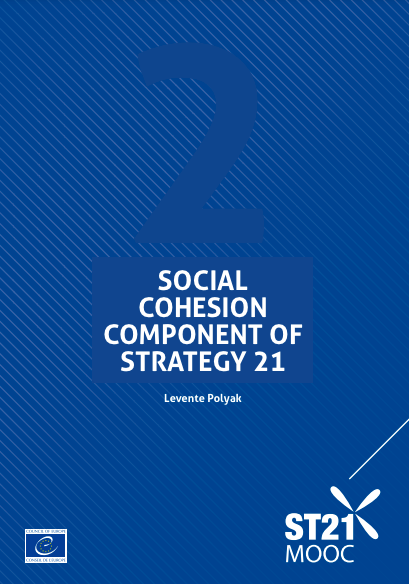
This MOOC has been designed to adapt to your needs: be it a training session, a consultation, a self-evaluation or a one-on-one coaching session. The course is based on 10 modules. Each module contains a specially designed video, based on the teacher’s draft, explaining the basic content, and composed of photos, collected video elements and/or animations; a detailed brochure supporting the video/module, including links to relevant publications and websites to facilitate a deeper understanding of the subject; quizzes for self-evaluation.
This document is Module 2 – Social Cohesion Component of Strategy 21 of the MOOC, composed by Levente Polyák, based on Eutropian’s work and Cooperative City’s network of good practices. The rest of the course can be explored here. with guidelines for the self-evaluation of practices here.

Article by Levente Polyak for publicspace.org, a project by the CCCB. In 1748, the Italian architect Giambattista Nolli published an ichnographic plan of Rome, documenting
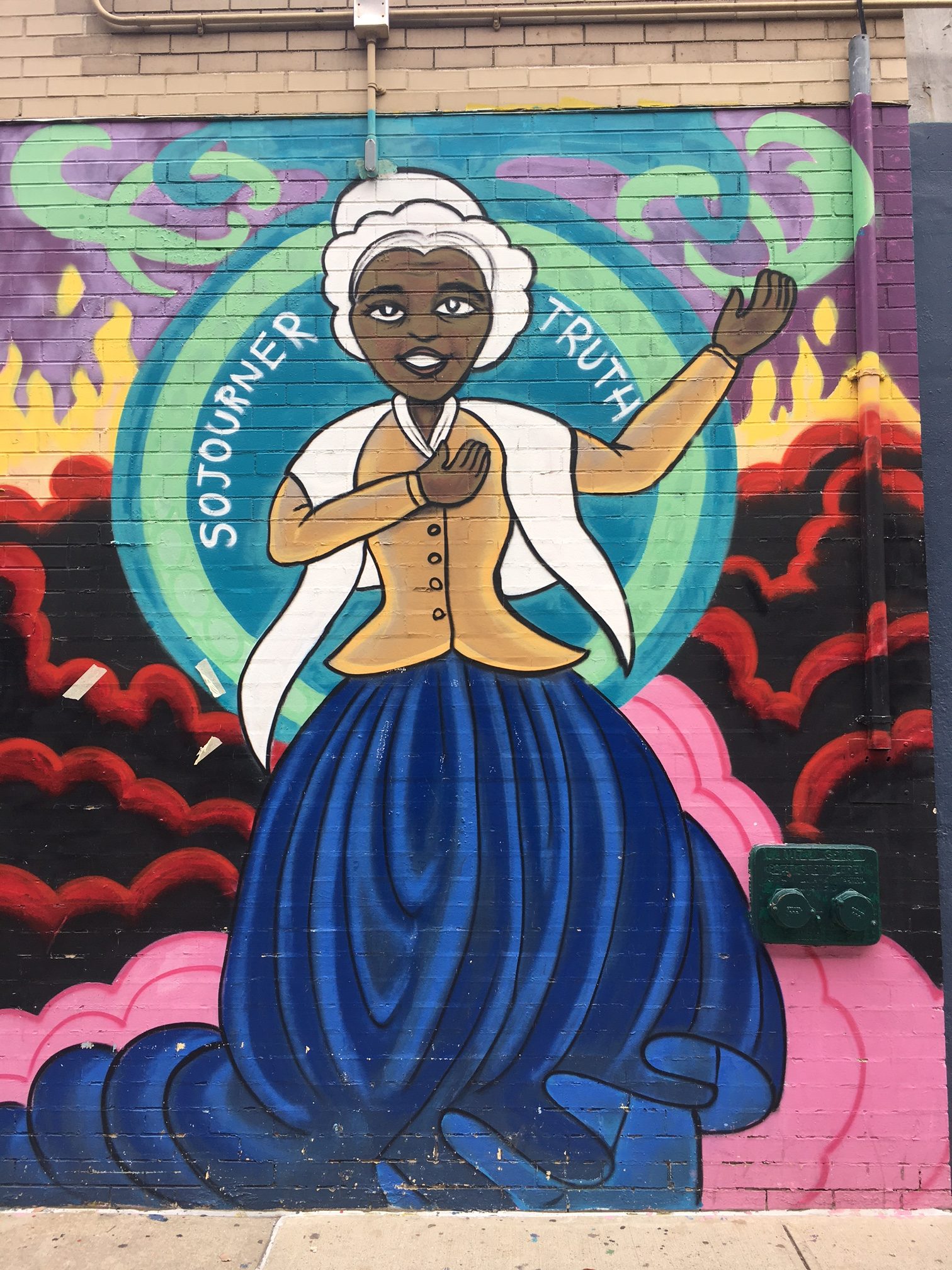
Sally Kneeshaw, Gender Equal Cities lead for URBACT, found through her work that whilst most people are generally aware of societal gender inequality, not many
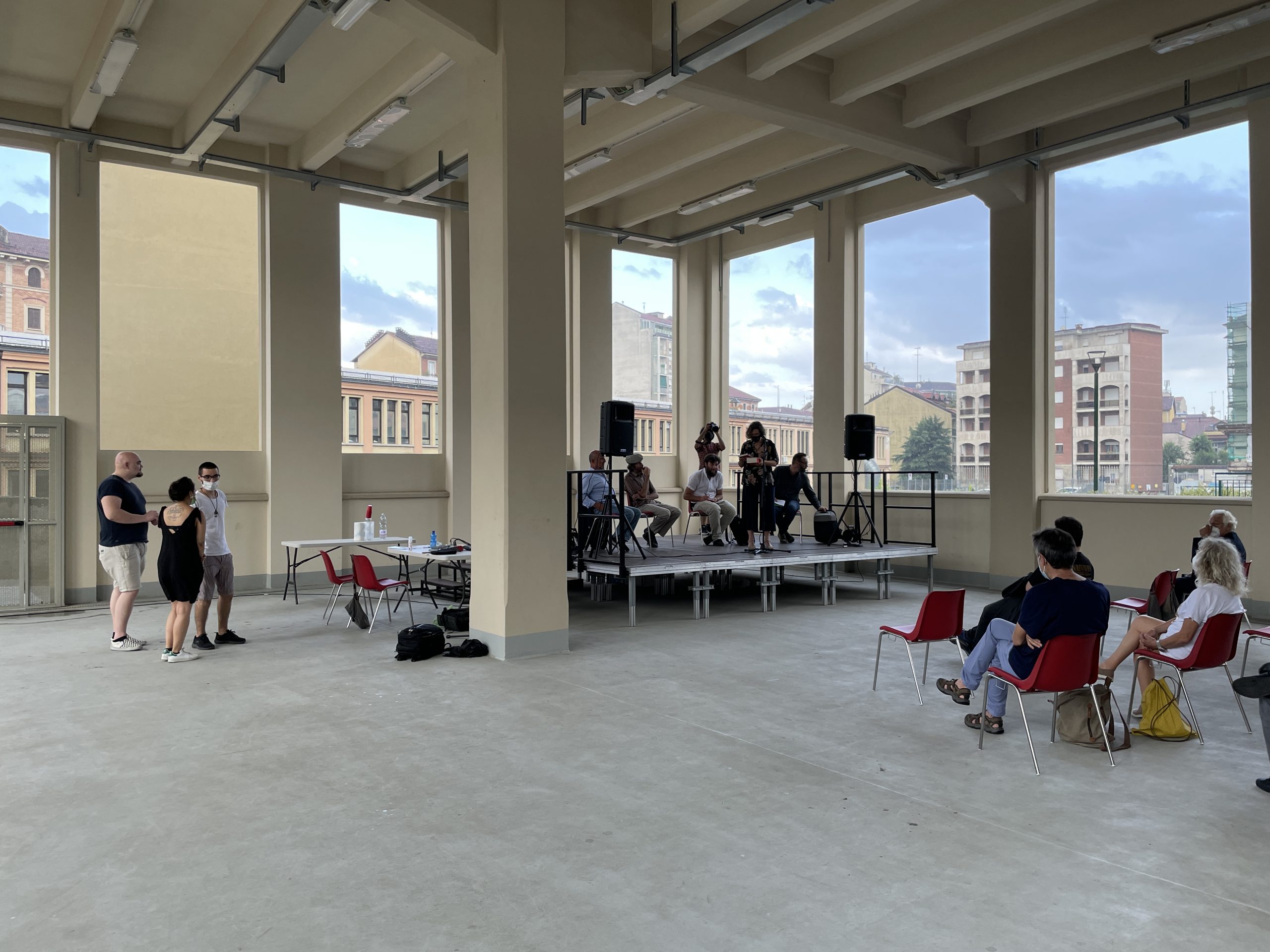
Local communities and their local governments have two possible ways to cooperate. One is centred upon the use of public procurement for social purposes. The

The city of Naples (Italy)[1] is an exemplary case study of how a city can co-design legal and sustainable urban commons governance mechanisms and enable
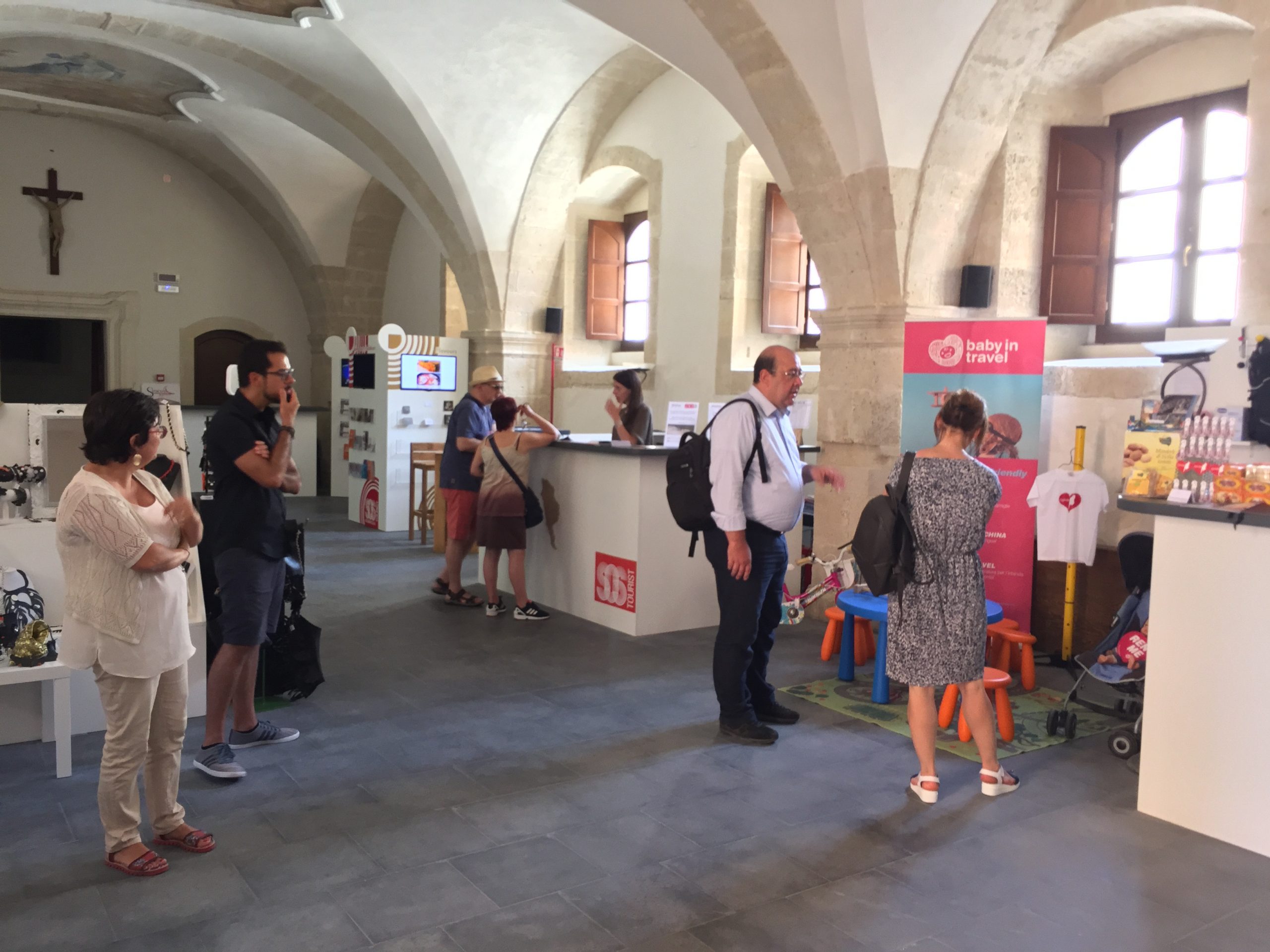
Community foundations are a means to mobilise resources within a territory in order to help the creation of local initiatives. In an area with limited

Gólya is a self-organised community space in Budapest’s 8th district. Gólya has relocated to its current location due to intense property development and increasing real estate
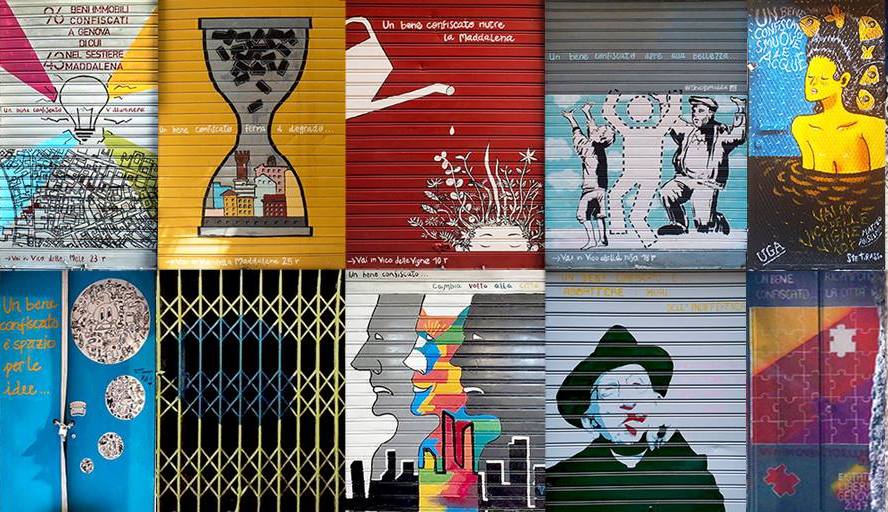
Confiscation is an asset security measure consisting in the expropriation, in favour of the State, of something which has been used to commit an offence
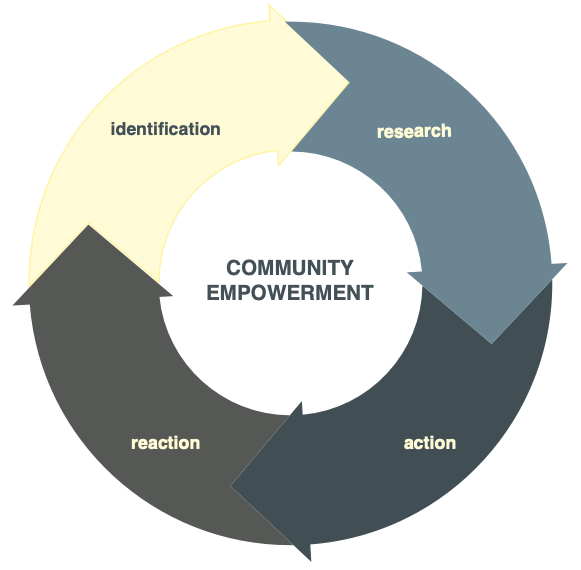
Local Operators’ Platform (LOCOP) is an independent initiative and research lab specialised in cultural research. LOCOP’s aim is to critically assess cultural policies and transnational
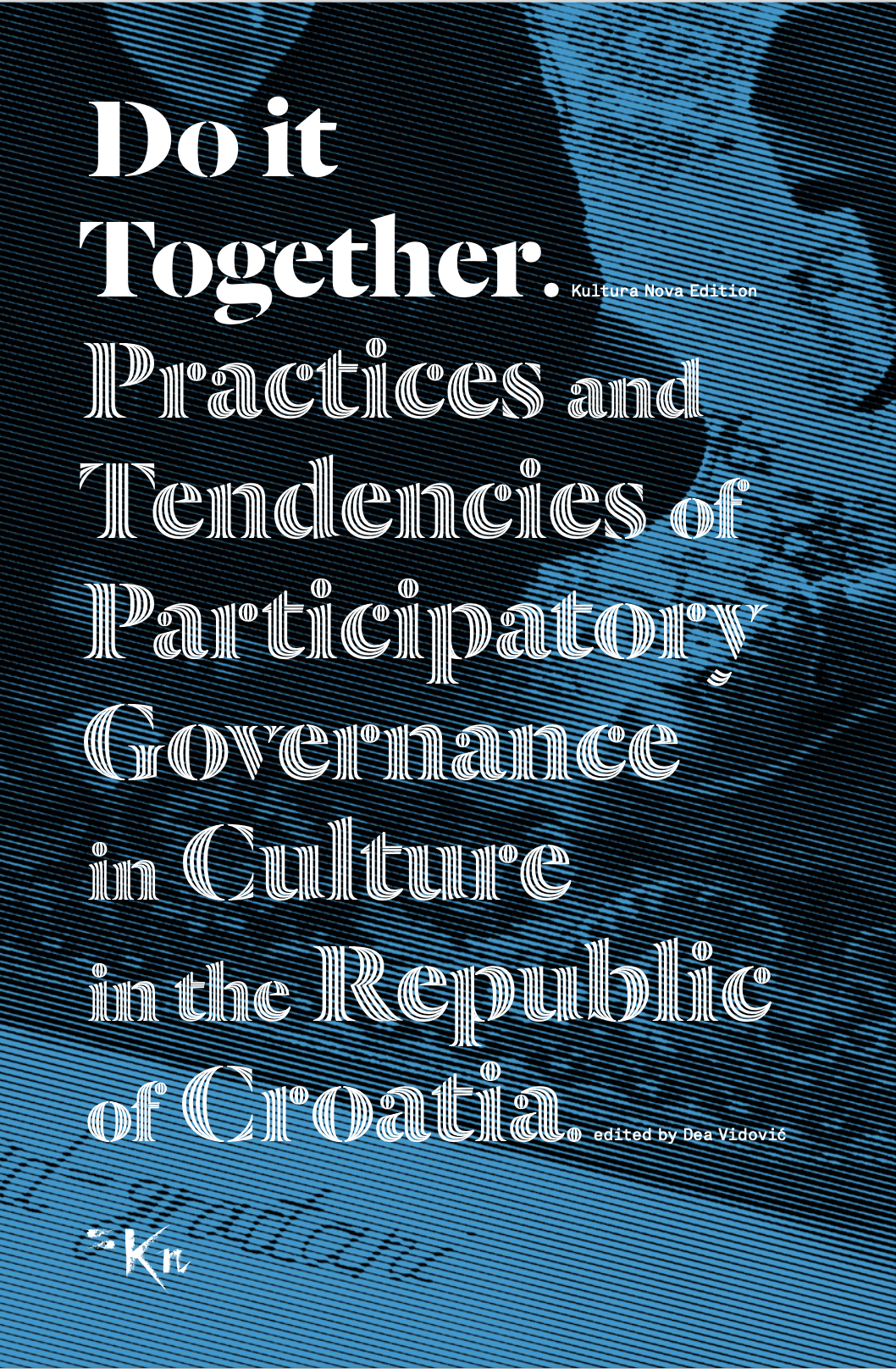
Kultura Nova is a public foundation promoting civil society organisations in the field of contemporary arts and culture. The foundation was established in 2011, when
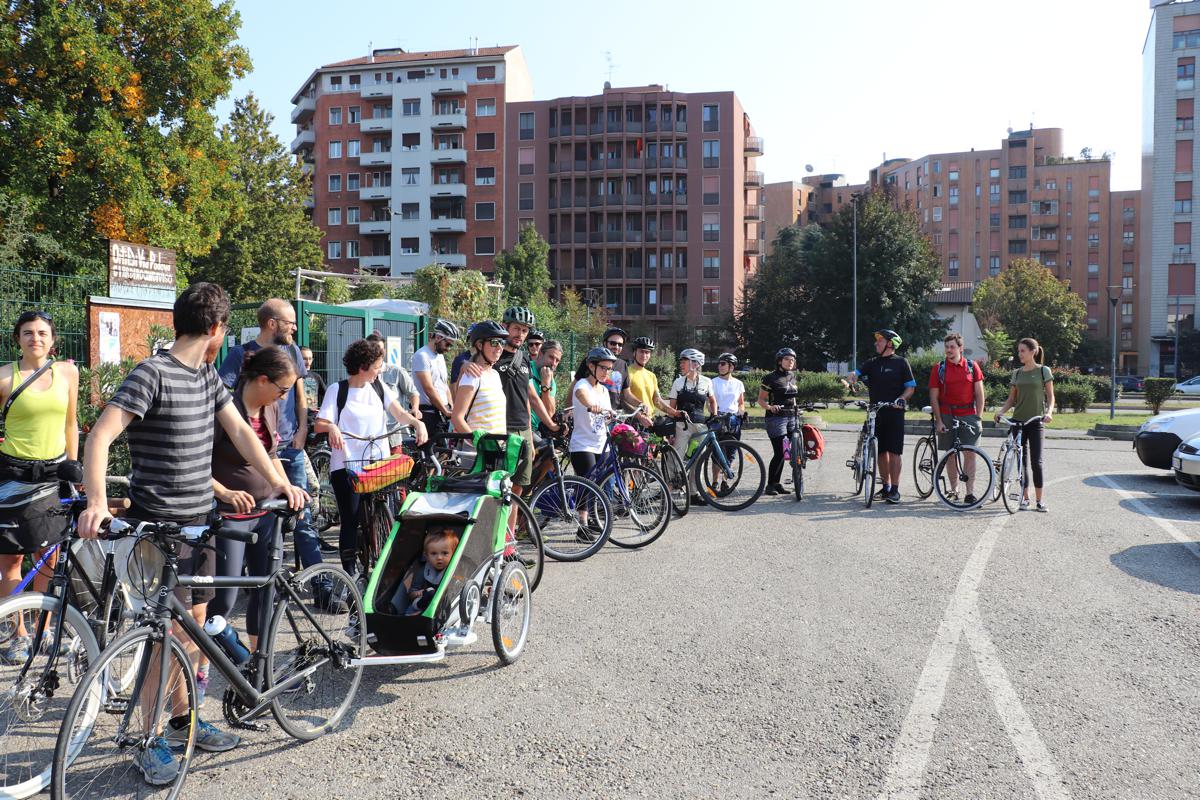
“Super, the festival of peripheries” was started in Milan in 2015 by an interdisciplinary group of professionals. The event was initially conceived to create a
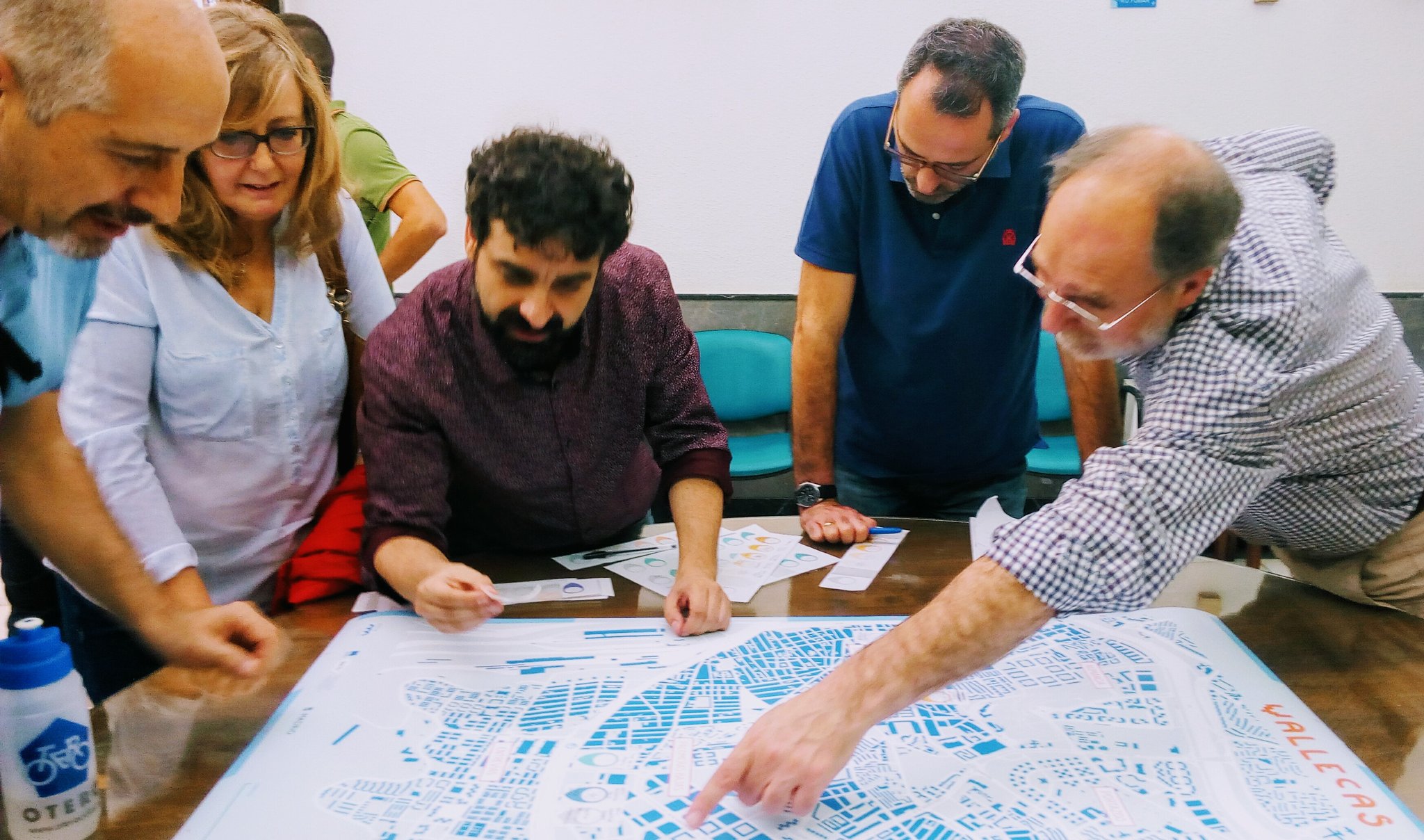
When we undertake any type of project, of whatever nature, it is more necessary than ever to be able to count on natural allies for
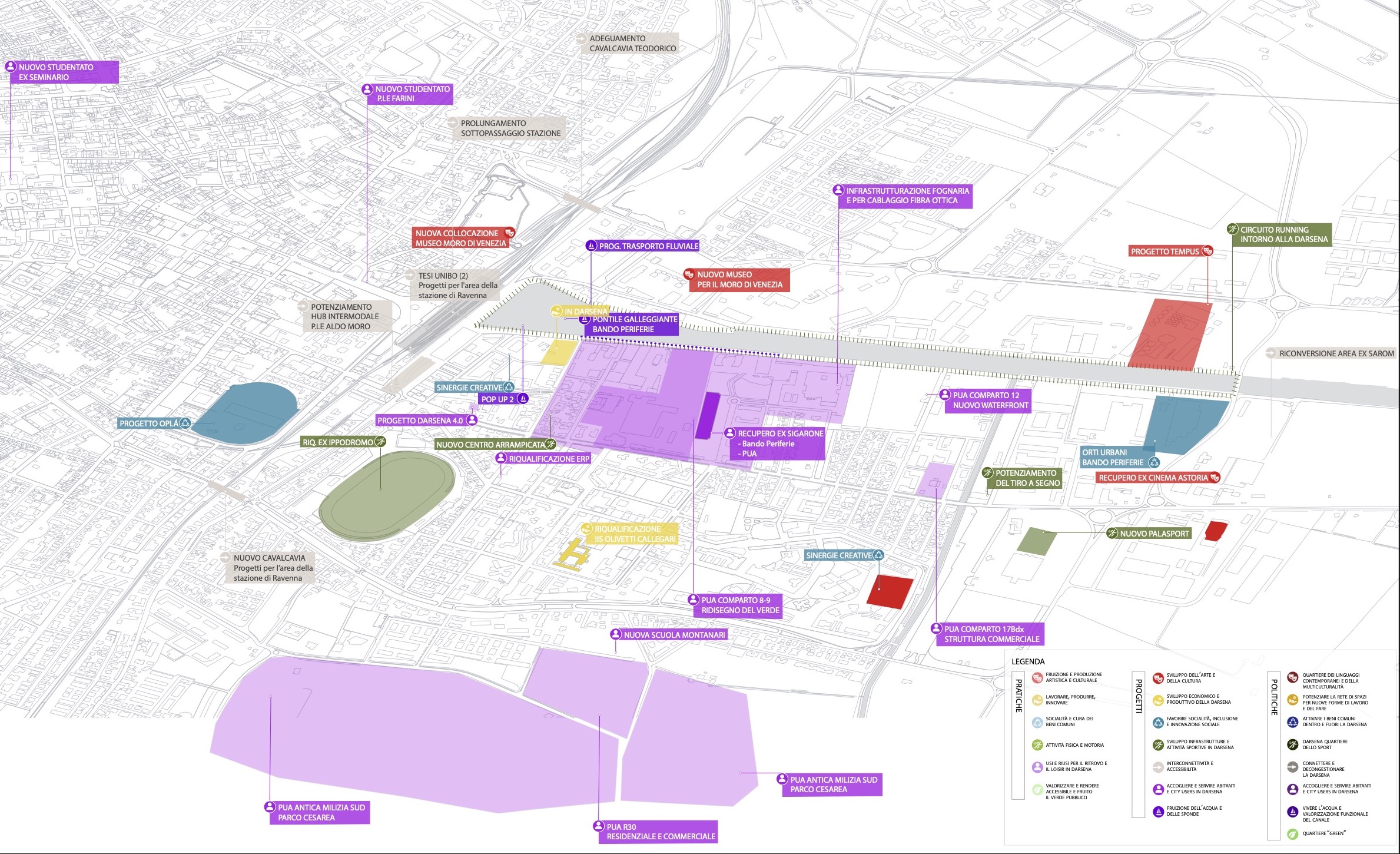
Many urban regeneration schemes focus on architectural interventions or masterplans that aim to transform the social fabric of an area through shaping its built environment.
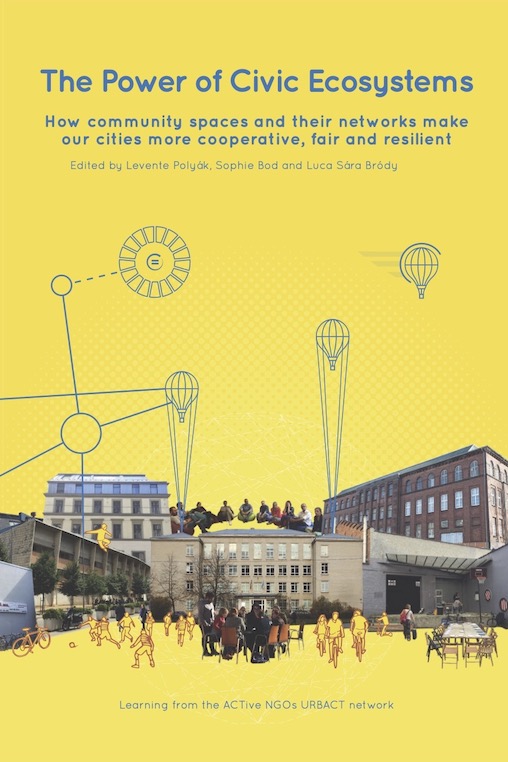
The Power of Civic Ecosystems: How community spaces and their networks make our cities more cooperative, fair and resilient Public-civic cooperation has never been as
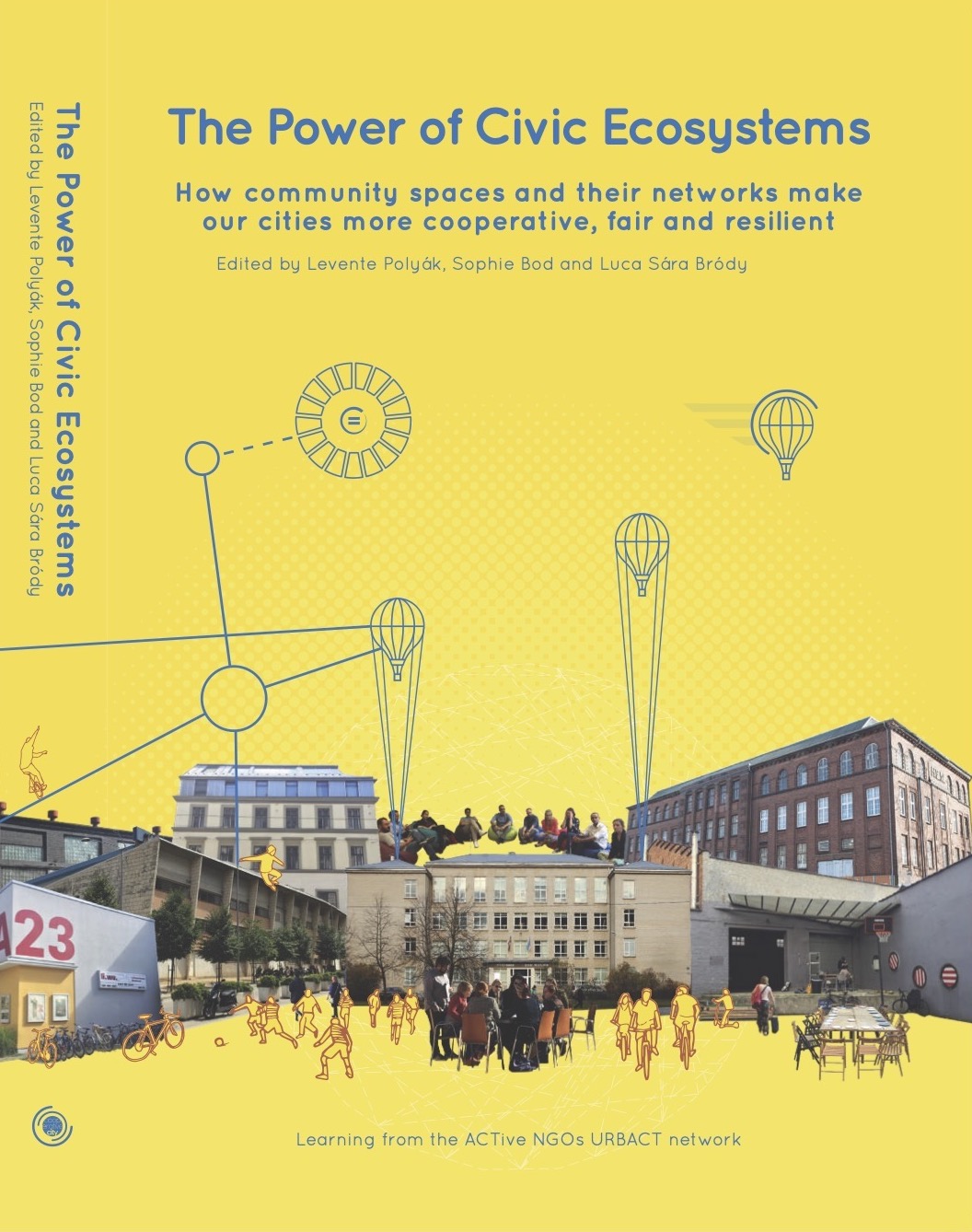
Edited by Levente Polyák, Sophie Bod and Luca Sára Bródy (Eutropian – Cooperating for Urban Justice)
Design by Jorge Mosquera Suárez
Publisher: Cooperative City Books, Vienna, June 2021
Format: Paper size B5, 320 pages
ISBN 978-3-9504409-2-8
The book is licensed under Creative Commons Attribution-NonCommercial-NoDerivatives 4.0 International (CC BY-NC-ND 4.0)

Once called a sonic wonderkid by Time Out, American singer, songwriter Joe Driscoll had a successful music career in Europe when he decided to move

The Power of Civic Ecosystems: How community spaces and their networks make our cities more cooperative, fair and resilient Edited by Levente Polyák, Sophie Bod
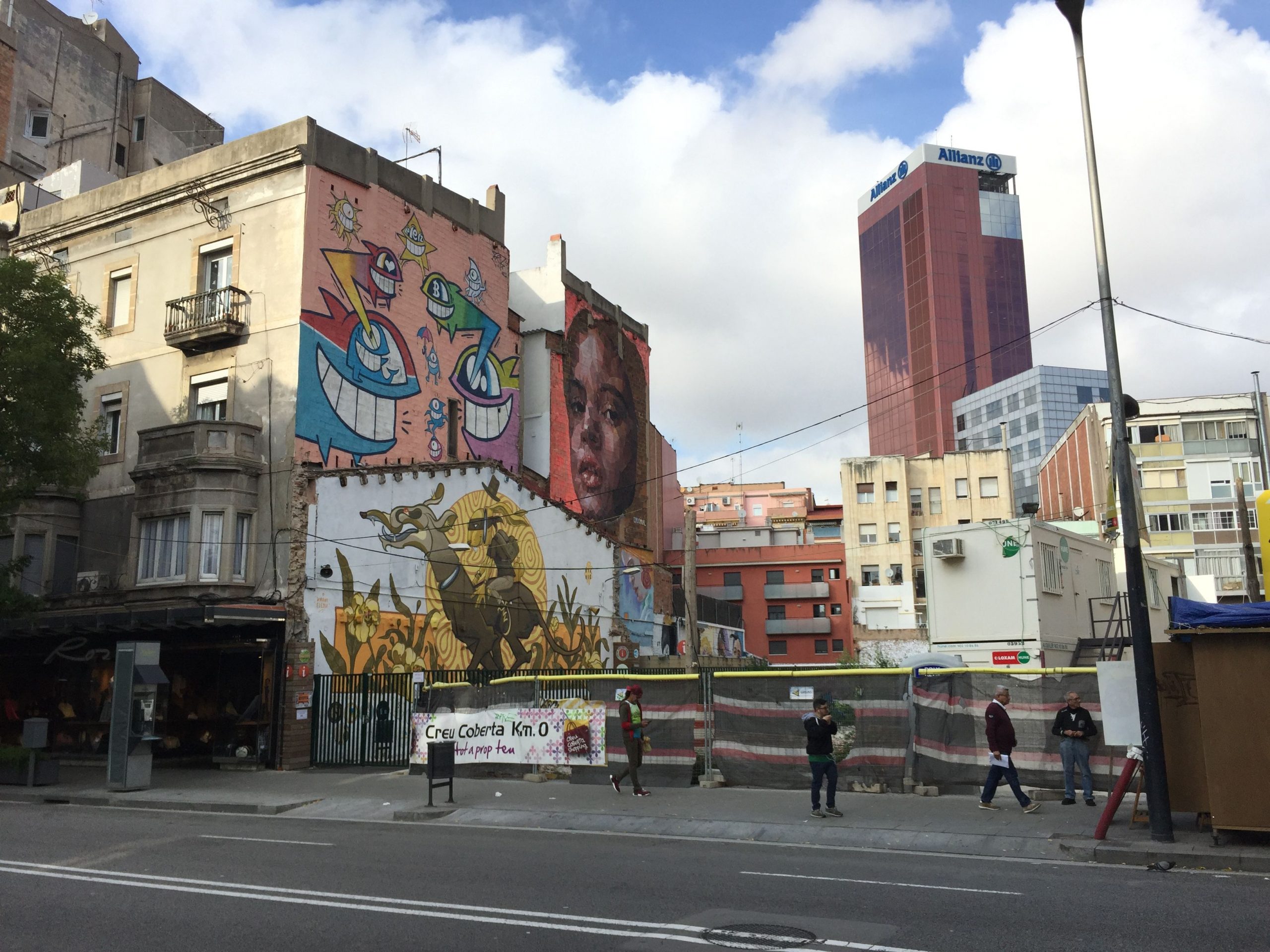
By Nikolas Kozloff To the extent that at least some people will be able to travel after the pandemic subsides, and haven’t gone bankrupt, how
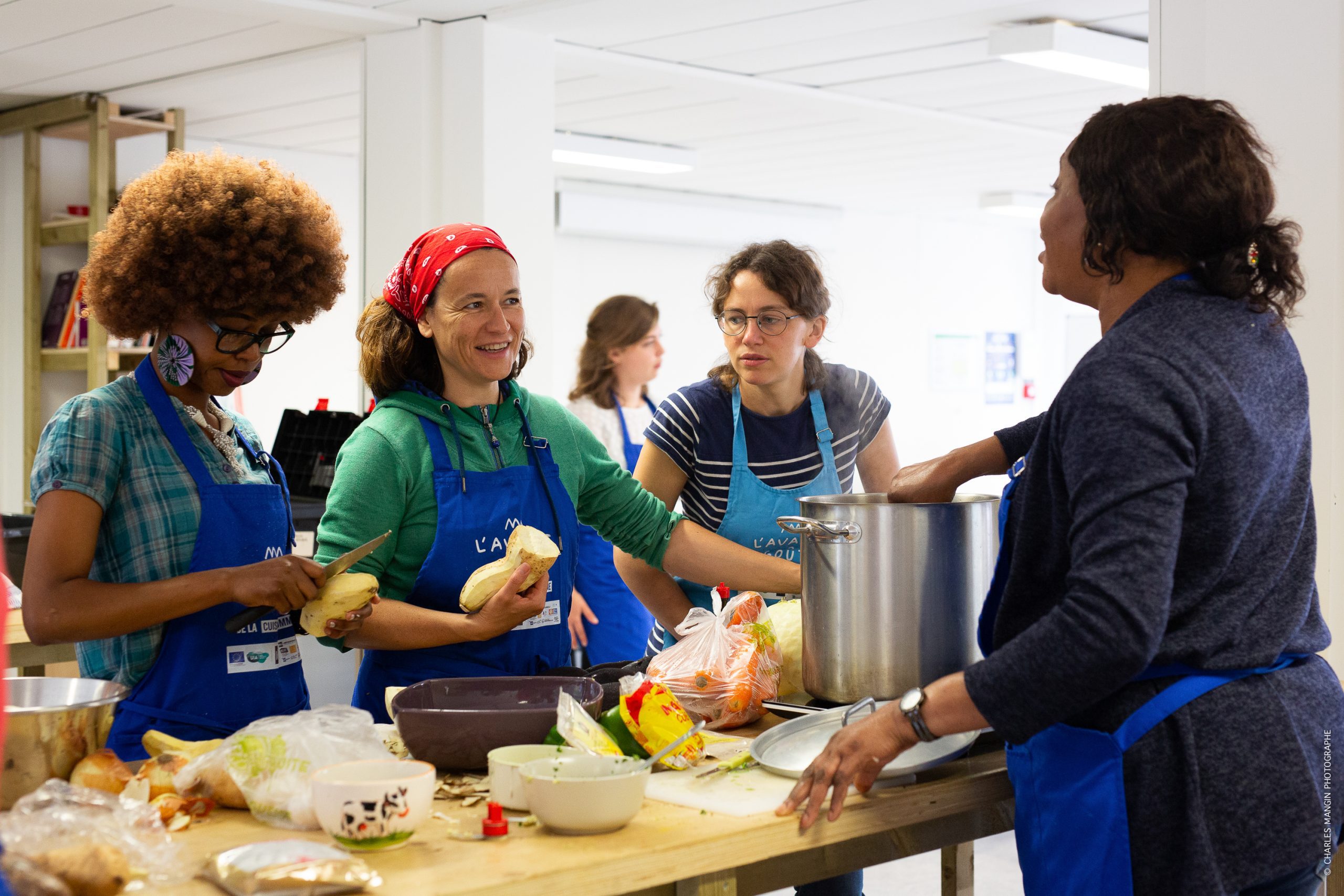
In 2021, Europe is facing a number of challenges. The Covid-19 pandemic has brought to surface many structural problems in European societies, from climate change
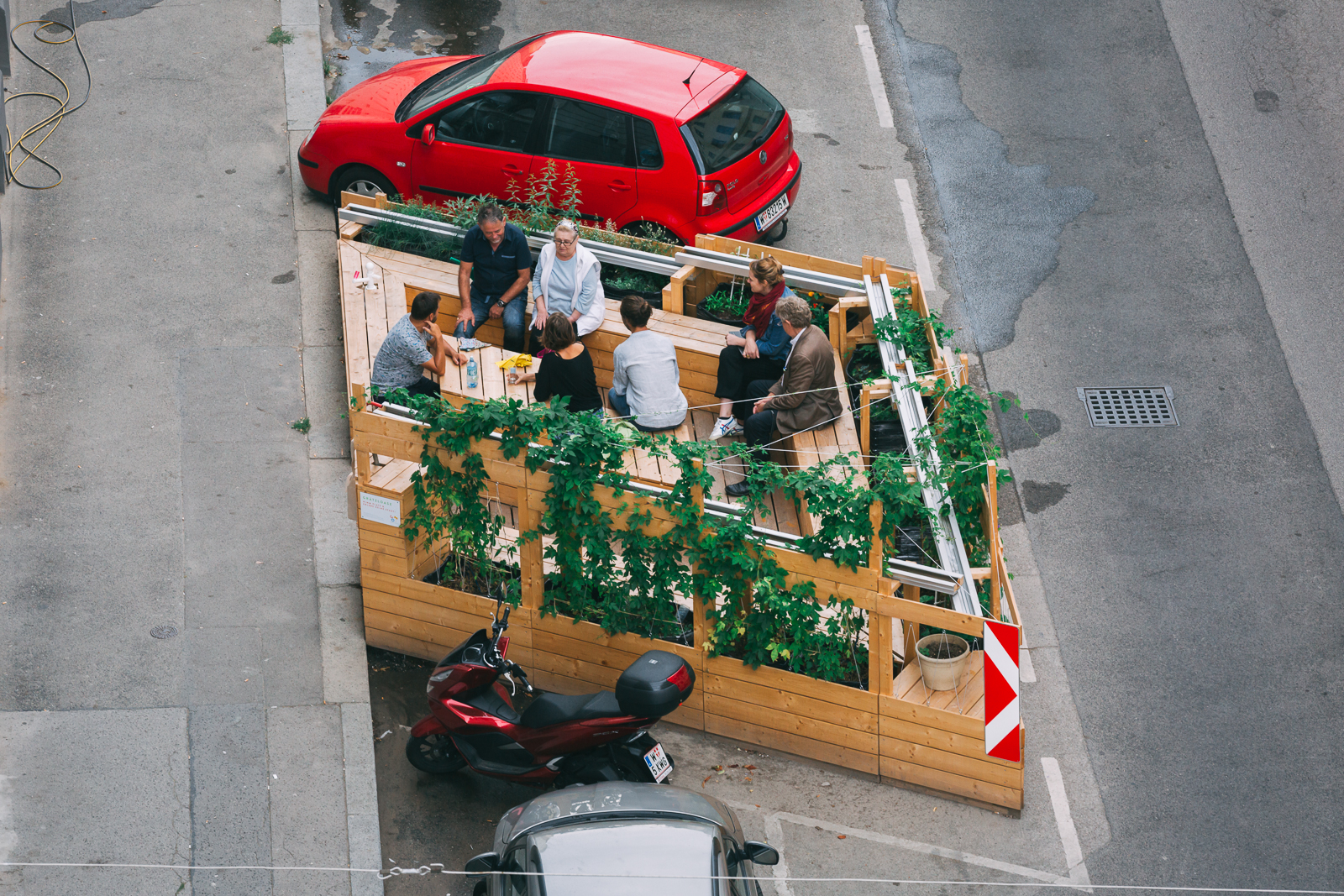
We all have beloved public spaces – spaces where we feel safe and comfortable, places we like to come back to, places where we can

2020 will remain in our memory as the year of a sudden, world-wide crisis. Although the pandemic is far from being over, with the arrival
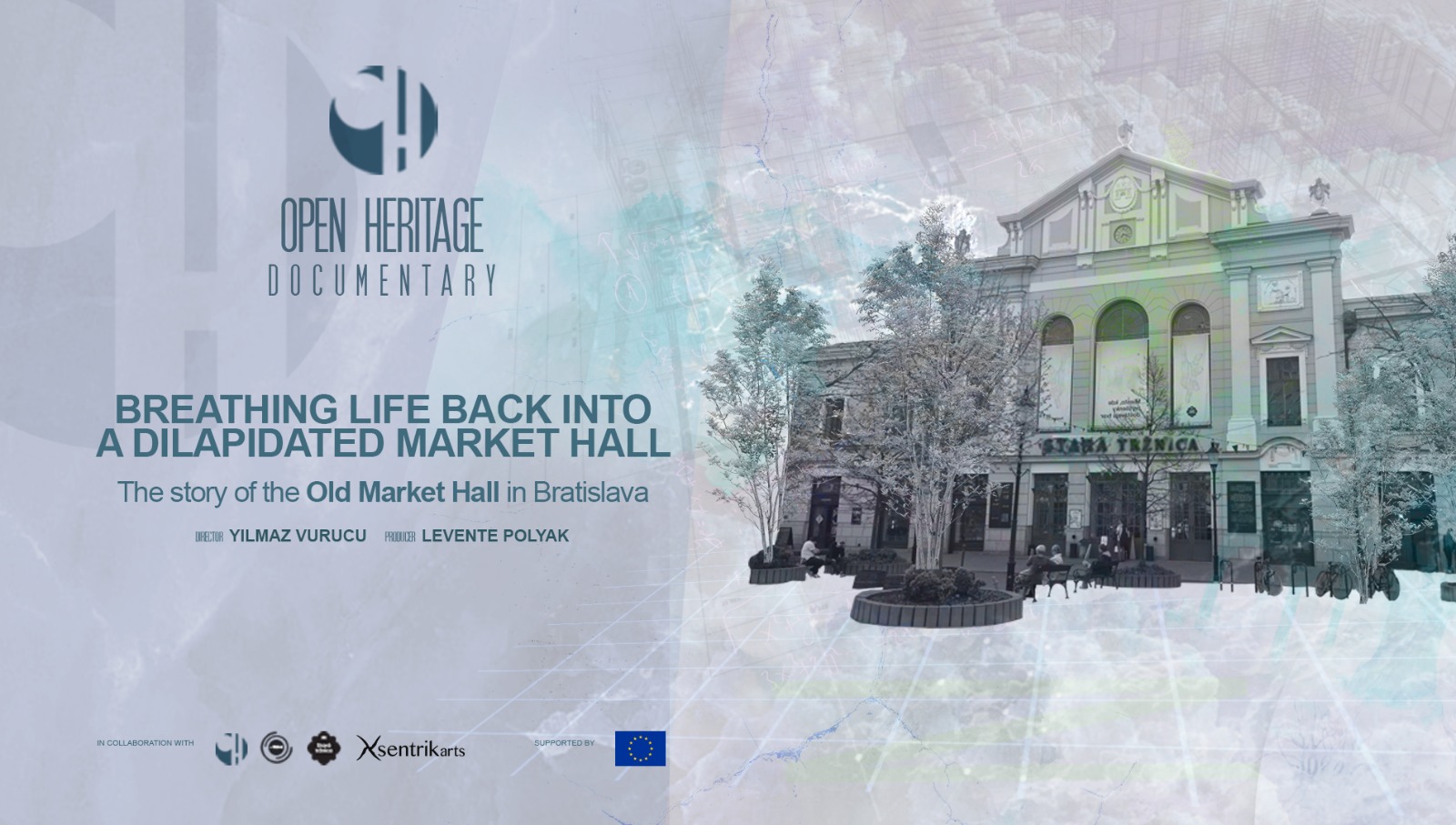
Stará Tržnica (Old Market Hall) is a historical building in the centre of Bratislava. After years of unsuccessful attempts by the municipality to keep the market alive, a redevelopment plan with the input of the locals was realised by the Alianca Stará Tržnica combining a food market, cultural events, cafés, a grocery shop, a cooking school and a soda water manufacture. The space has helped to rebuild the community and runs in an economically sustainable way.
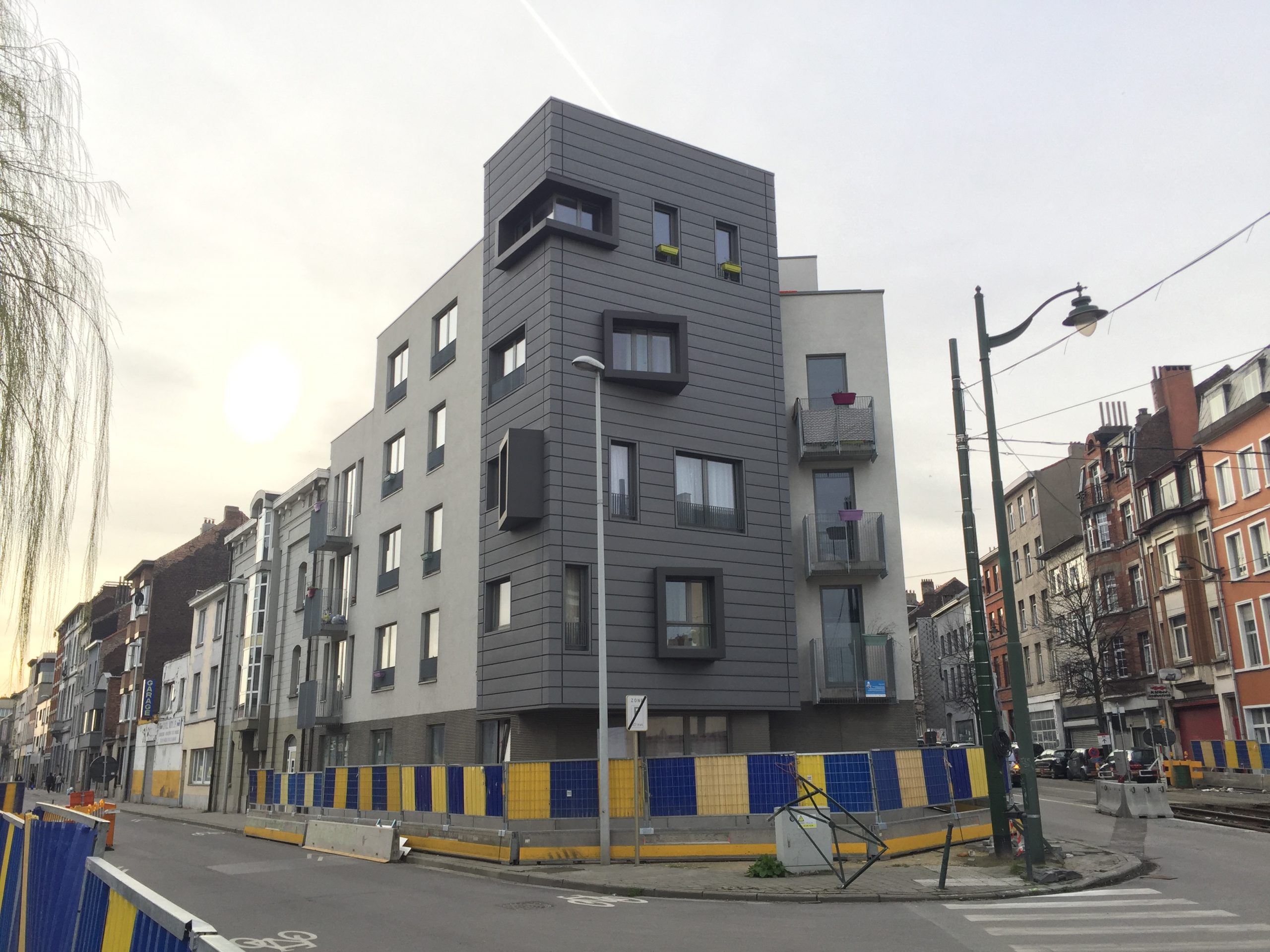
Collaborative housing can be conceived as an approach to complement state- or municipality-led public housing schemes with bottom-up, self-organised housing projects. It has been the
Welcome to Cooperative City podcasts!You can follow our episodes on Anchor, Spotify, iTunes, Google Podcasts, Breaker, Radio Public or Pocket Casts. CUP4Creativity In this first
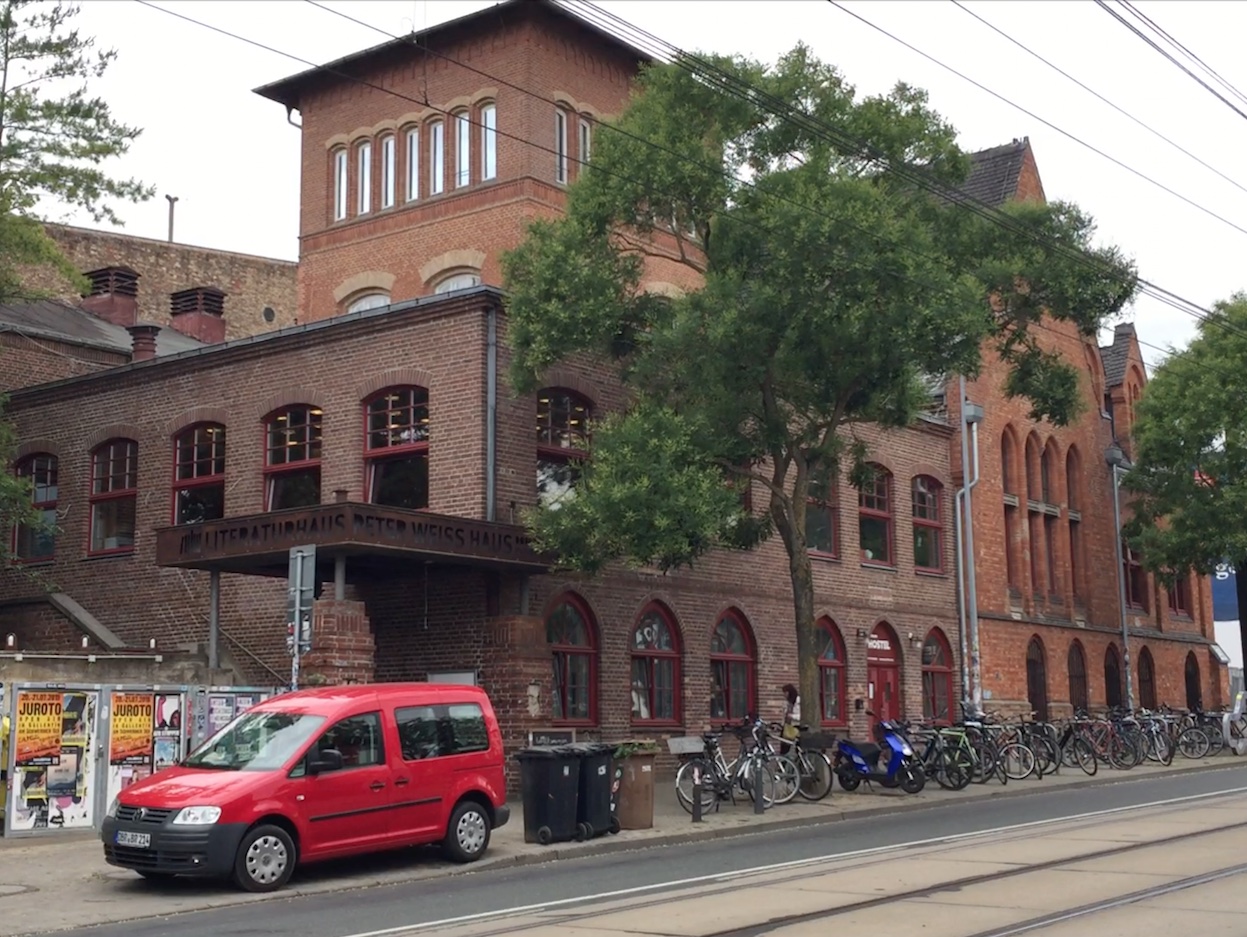
The Peter Weiss Haus is as a free educational and cultural centre located in an historical building in downtown Rostock. Through the creation of an
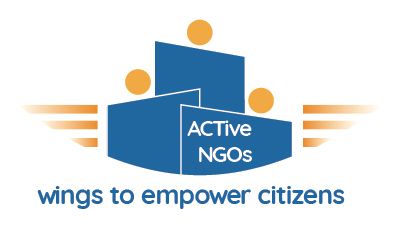
Written by Eutropian Director Levente Polyak for Urbact. The COVID-19 crisis has heavily disrupted the activities of NGO Houses and their civic ecosystems. While the

Interview with Daniela Patti, Director of Eutropian by the European Urban Knowledge Network. How can we prepare for and cope with crisis situations in dense
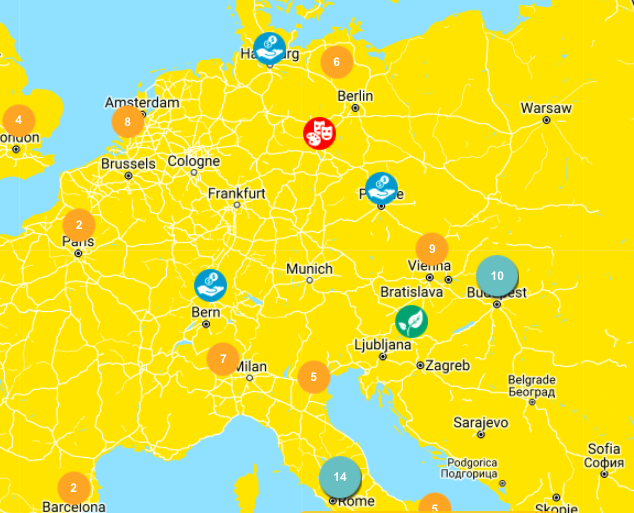
Realising the need to create international dialogue on handling the COVID-19 crisis at the local level, Eutropian launched a weekly webinar to connect activists and
What is the Magazine about? Cooperative City Magazine brings its readers the stories of collaborative urban development processes in different areas in Europe.It is a
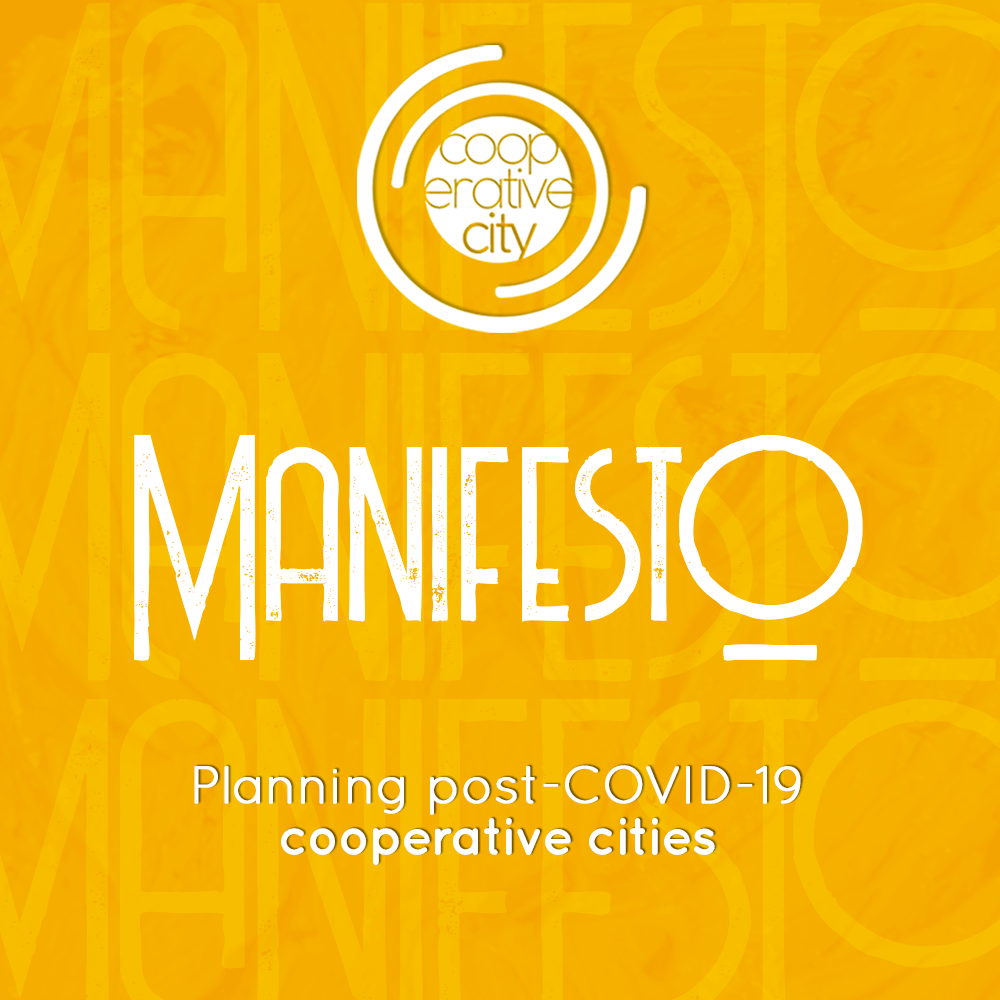
Planning post-COVID-19 cooperative cities Building on existing efforts towards social economy We advocate for existing knowledge, policy recommendations and financial resources to be geared towards
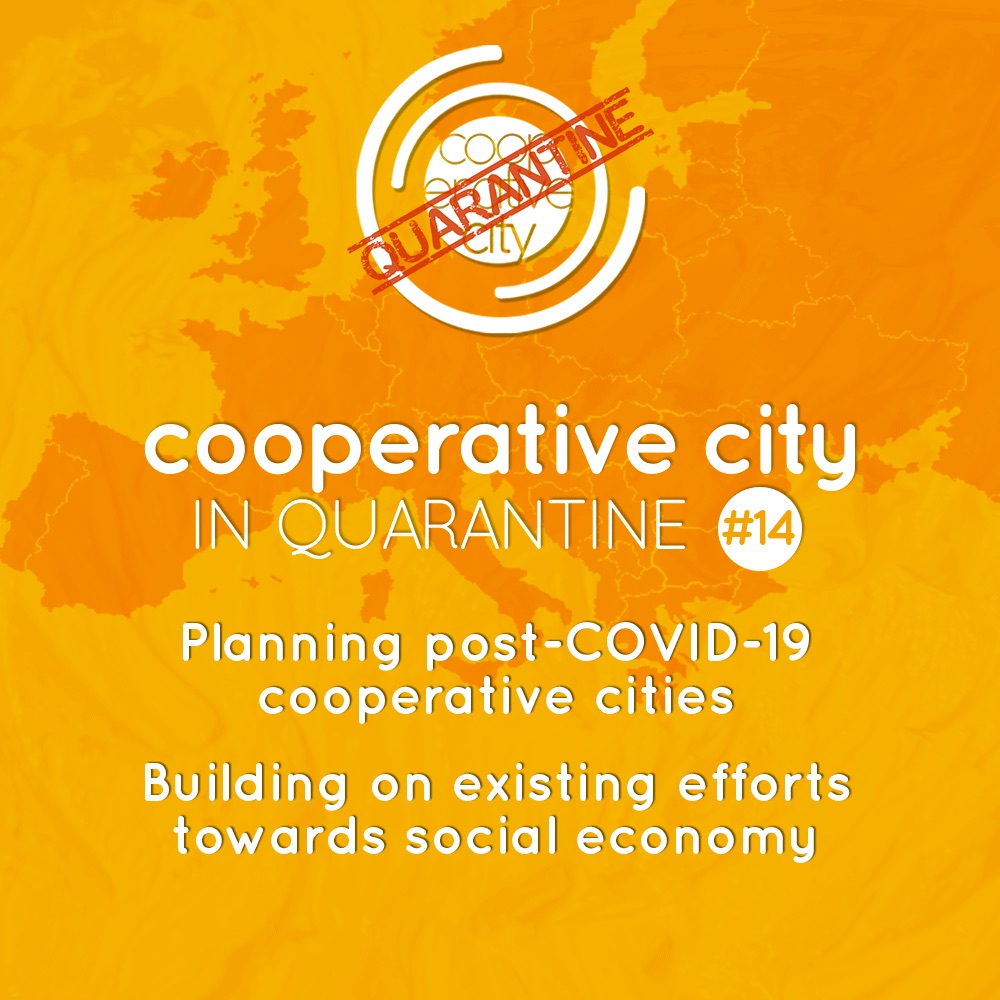
During the first weeks of the lockdown we noticed that there was little or no exchange across nations about how to respond to the emerging
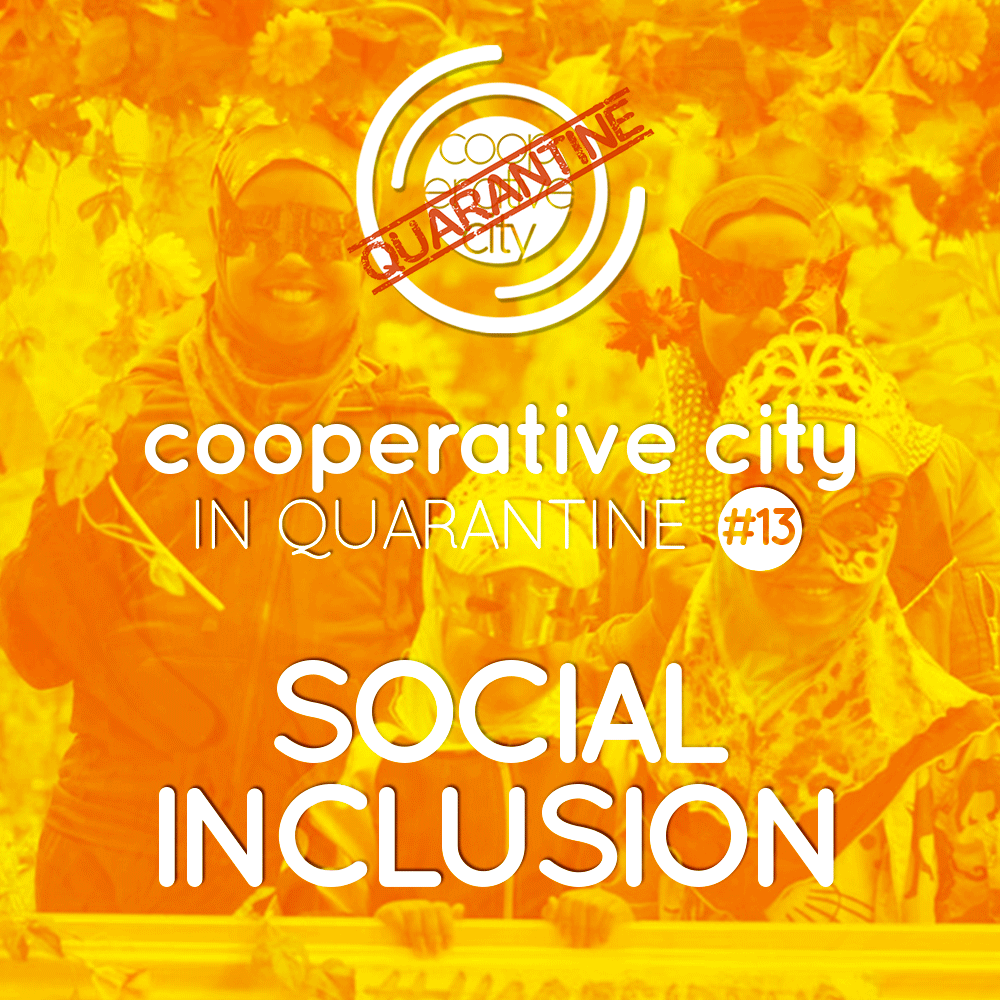
The lockdown made the inequalities in our societies boldly visible. The key role of the community and collaborative action to reach the most vulnerable layers
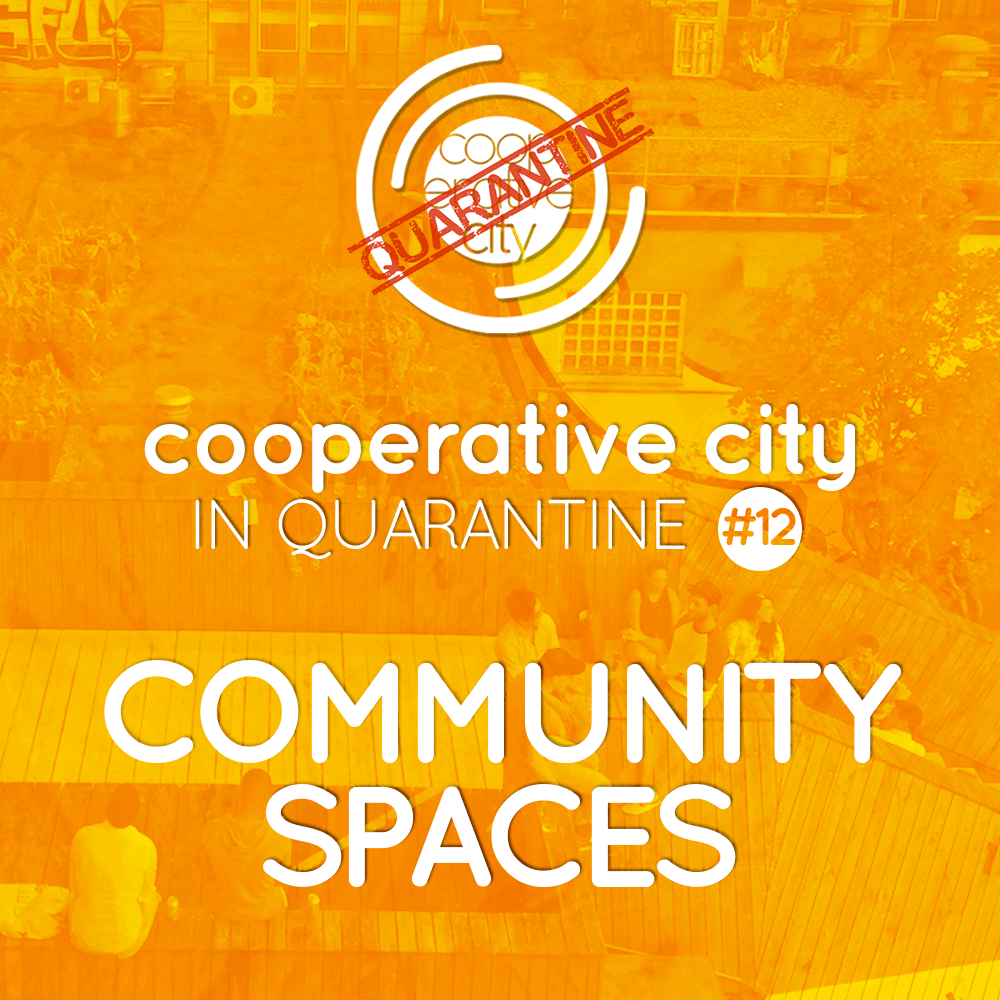
Since the 2008 economic crisis, cities in Europe have witnessed a veritable revolution in community-led development processes. Prompted by the opportunities offered by the last
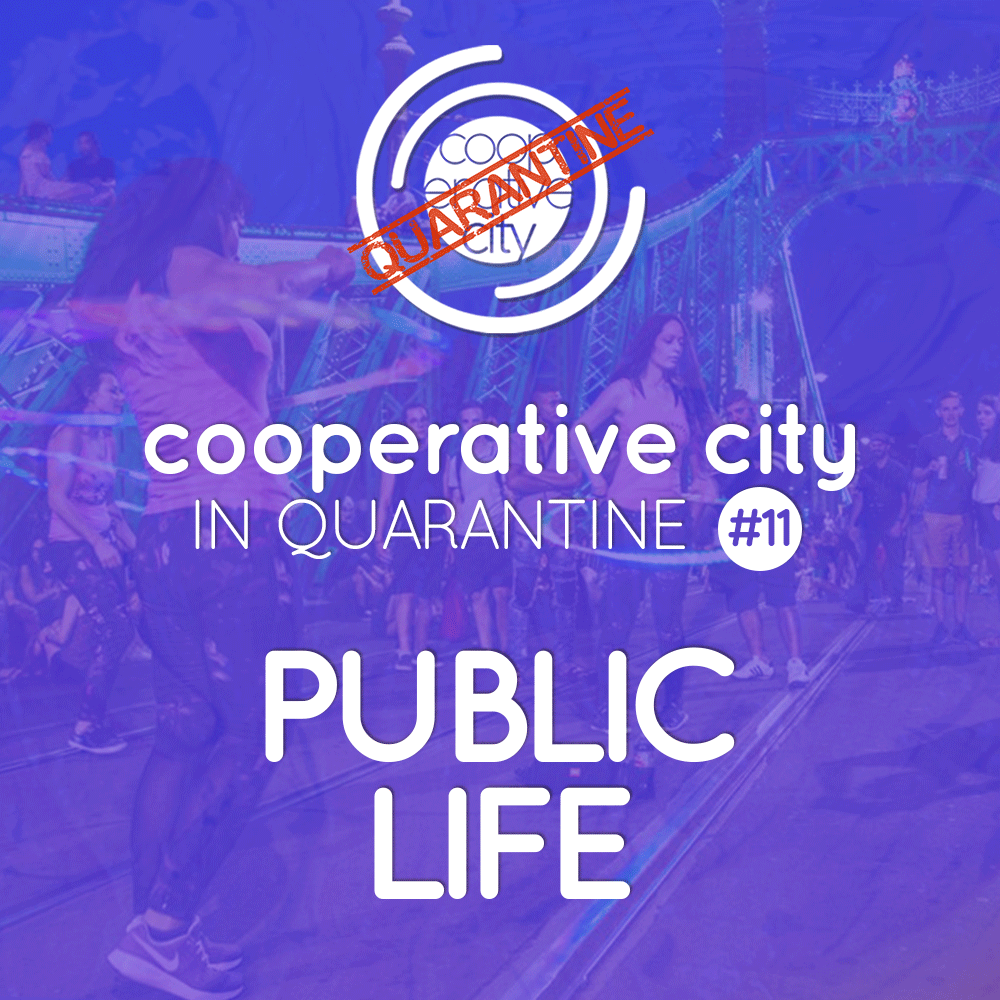
With the pandemic and the subsequent lockdown, public space was one of the most affected parts of our urban life. With the shut down of
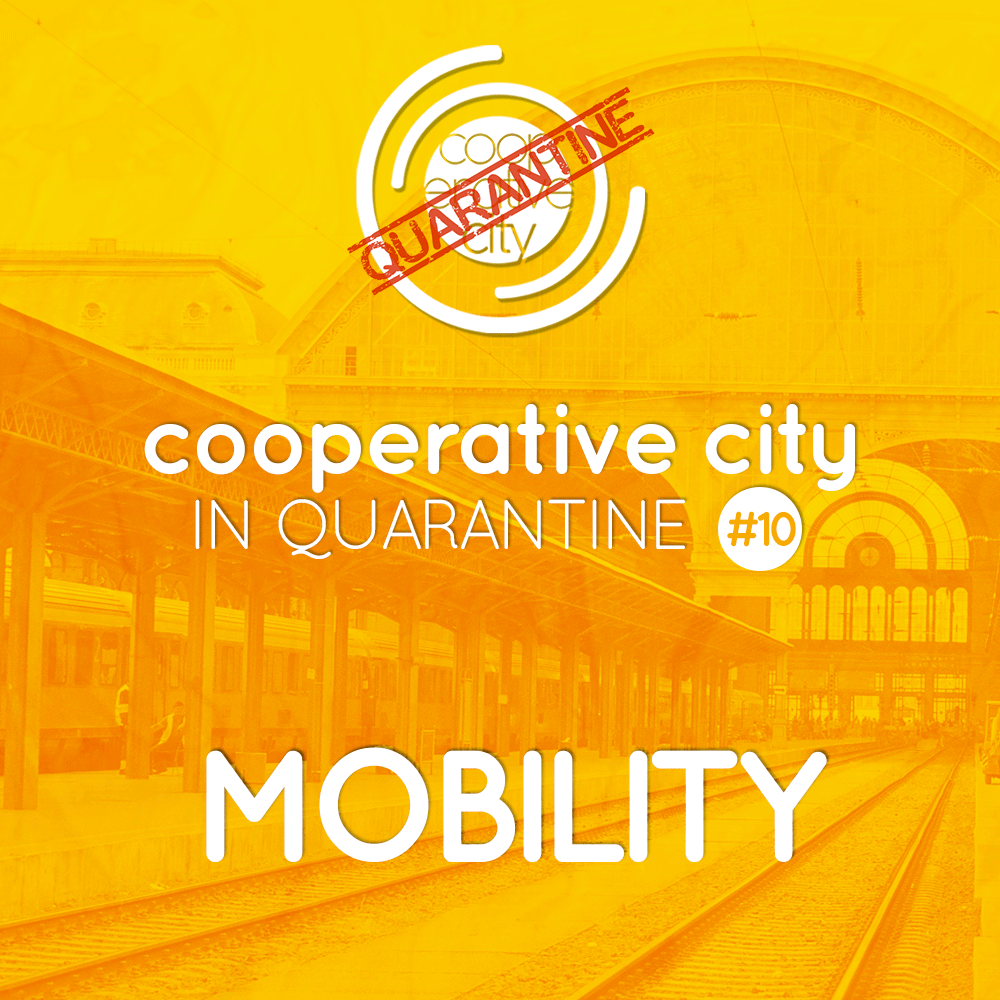
The Covid crisis is changing our lives, and mobility is definitely going to be one of the hottest topics – and one of the most

Given the current situation, more than 200 million people could become unemployed as a result of this crisis. Not everyone can work home, and disadvantaged

Urban Commons are all those spaces, services and resources that are directly managed by local communities for their wellbeing. Taking care of such common goods
#2 Placemaking at the street-level We discuss how tactical urbanism, notably street-level experiments can lead to systemic sustainable transition at the city-level. Watch video #1
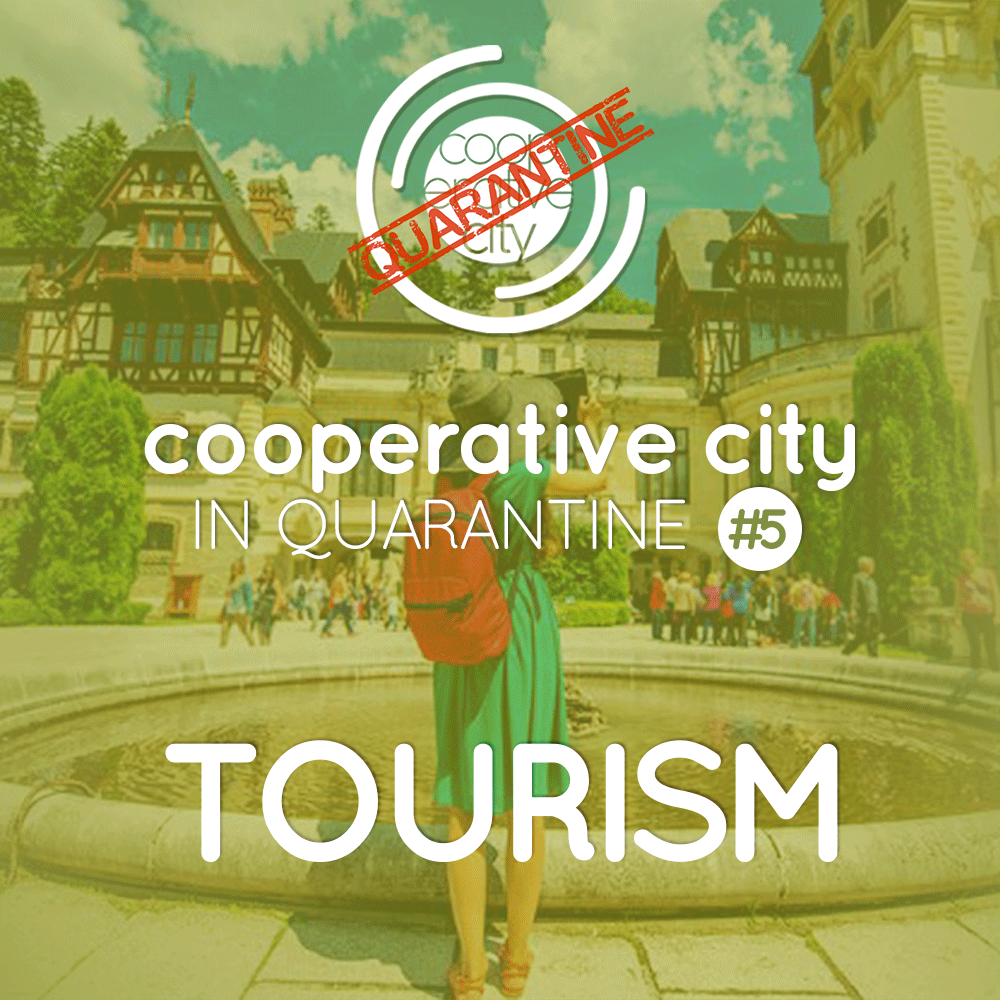
Tourism is big business: It employs more than 12 million people in Europe, it counts for 3,9% of EU’s GDP, in 2019 global tourist revenues
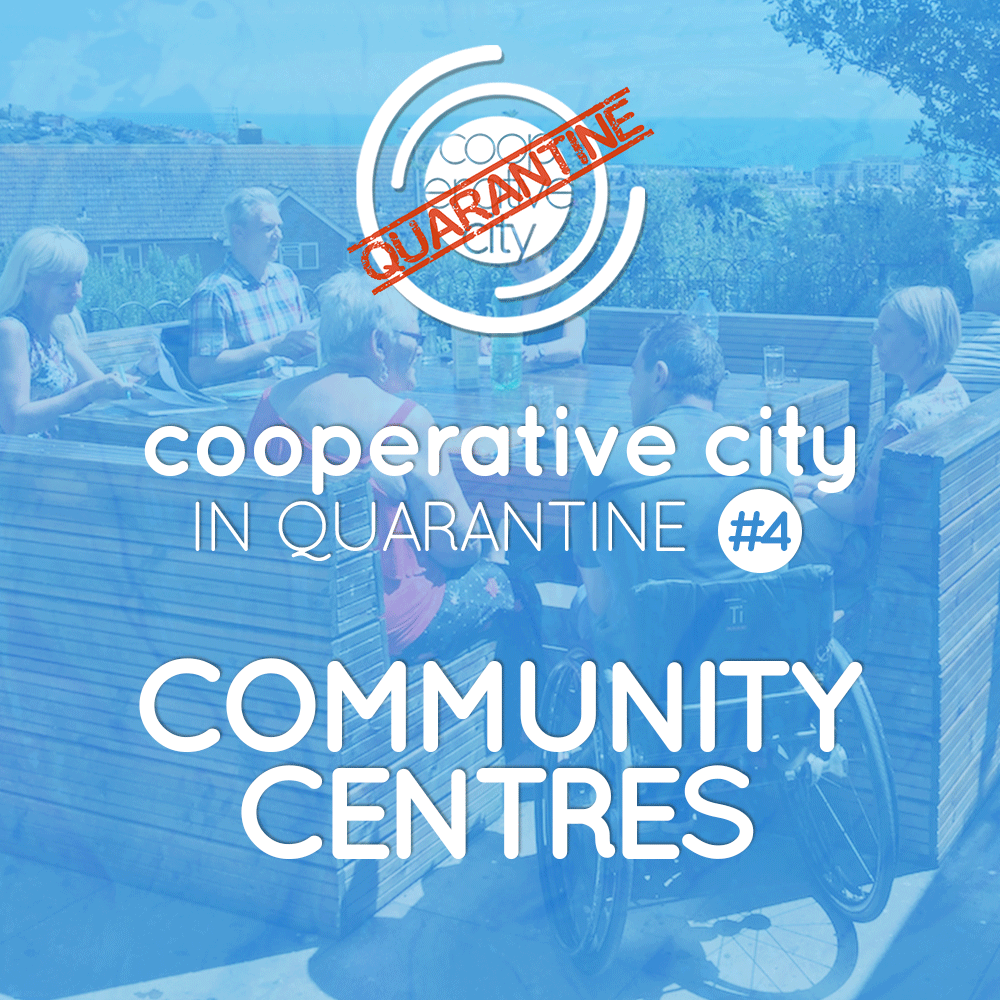
Probably all community centres in Europe have a lot in common regarding the way they work during this challenging and totally new situation. Community venues,

The Coronavirus pandemic is causing huge damage in both physical and psychological terms in all fields of life. At the moment, approximately eight million people
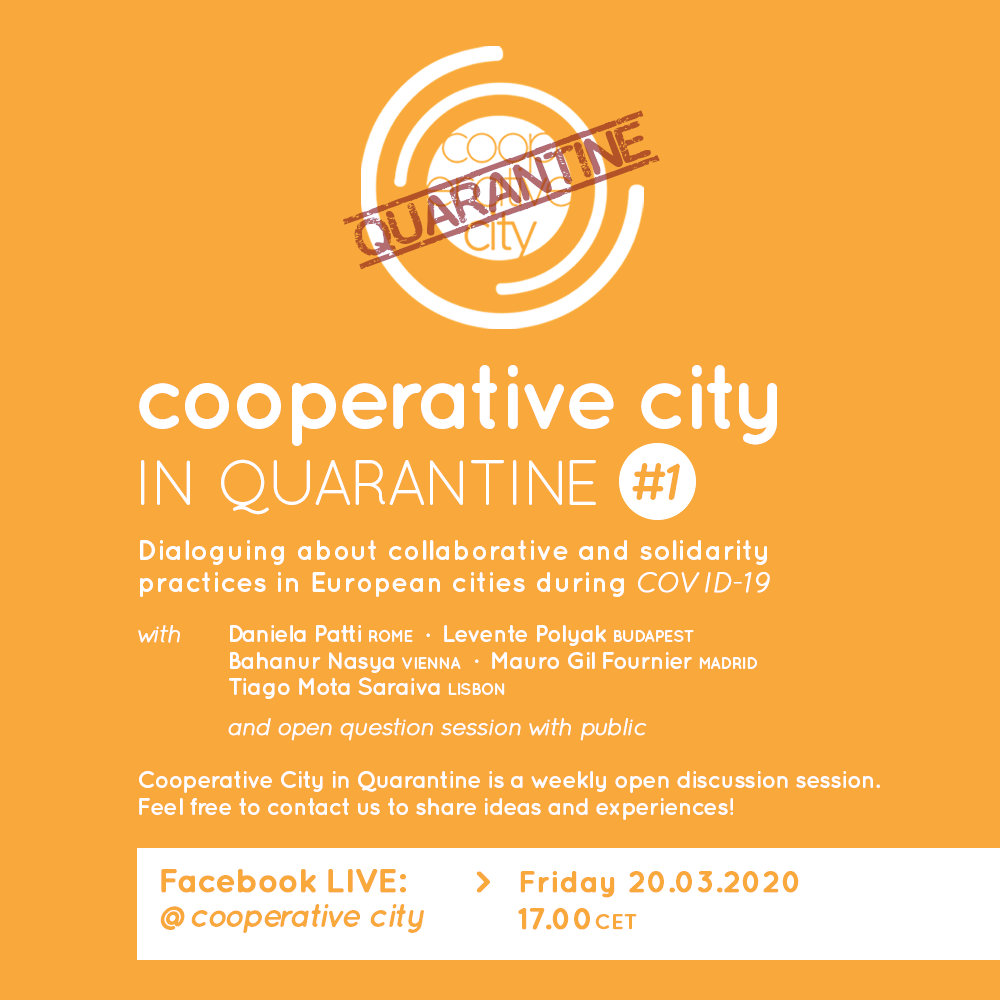
It is hard times, we fear for the future globally and individually. Many of us feel lonely in the isolation of our homes. But many

Progettare città cooperative post-COVID-19. Mettendo a valore gli sforzi compiuti nell’Economia Sociale Vogliamo che in tutta Europa le

Nel corso delle prime settimane di lockdown ci siamo resi conto che fra i paesi colpiti dalla crisi seguita alla diffusione del Covid-19 non

Il lockdown ha messo in luce l’entità delle disuguaglianze nelle nostre società, ma altrettanto il ruolo fondamentale svolto dalle comunità e dall’attività cooperativa nel raggiungere

Fin dalla crisi economica del 2008, le città europee si sono trovate ad affrontare una vera e propria rivoluzione dei processi di sviluppo a guida

Con l’arrivo della pandemia e del lockdown che ne è seguito, lo spazio pubblico è stato uno degli settori più colpiti della nostra vita urbana.

La crisi Covid sta cambiando la nostra vita, e la mobilità è certamente fra i temi più caldi – nonché una delle sfide più importanti

La crisi dovuta al Covid-19 ha fatto venire alla luce in modo ancora più evidente la condizione di vulnerabilità di molti gruppi sociali svantaggiati. Fra

Alla crisi Covid-19 potrebbero seguire ad oggi oltre 200 milioni di disoccupati. Non tutte le persone, infatti, sono in condizione di poter lavorare da casa, e

I beni comuni urbani (Urban Commons) sono tutti quegli spazi, servizi e risorse che favoriscono il benessere delle comunità locali e sono gestiti da

Episodio #5: Turismo Quali danni ha subito l’industria del turismo in seguito alla crisi covid-19, e quali opportunità questa può offrire? Grande business, quello del

Episodio #4: Centri di Comunità e network ONG Attive (ACTive NGOs) È ormai chiaro a tutti che l’epidemia di Coronavirus ha cambiato le abitudini quotidiane di
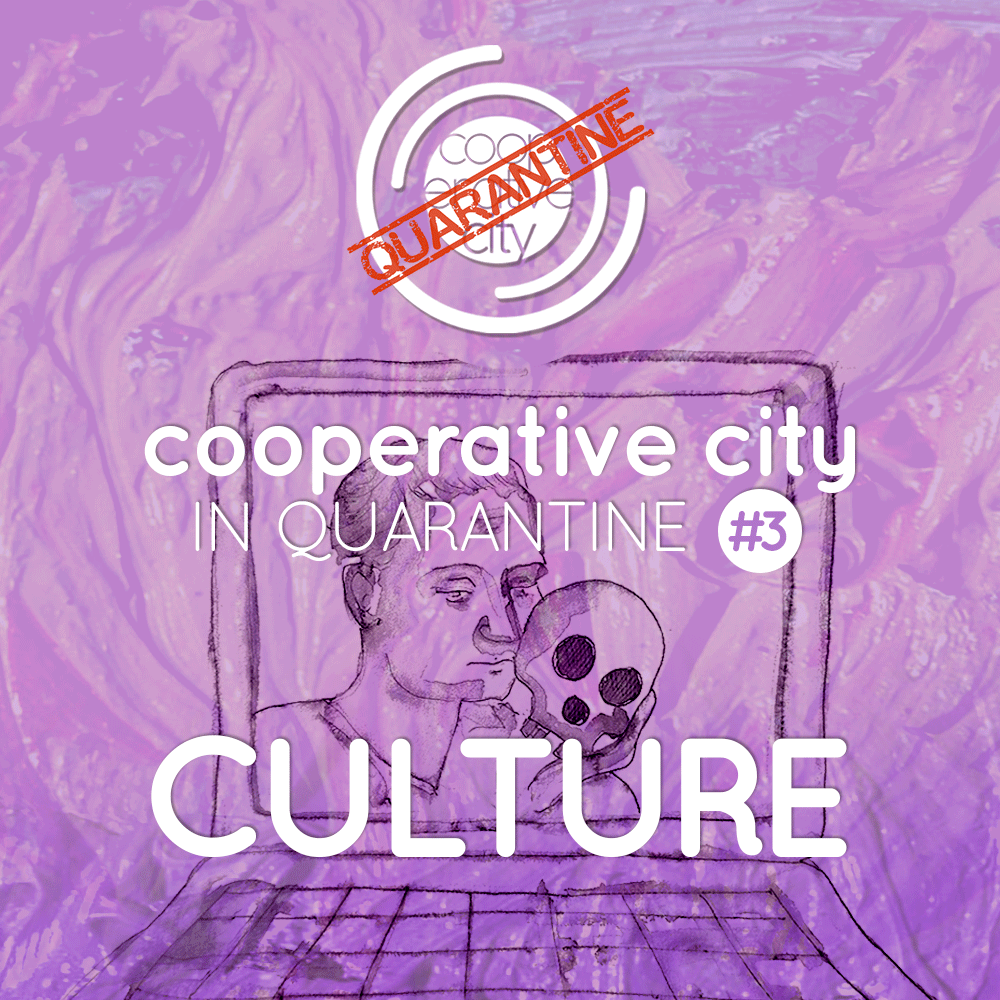
Episodio # 3: Sfide e soluzioni potenziali per il settore culturale Viviamo tempi difficili, siamo spaventati e isolati nelle nostre case. E tuttavia in tanti

# 2: Sistemi di produzione e distribuzione alimentare Nel secondo episodio di ‘Cooperative City in Quarantine’ (27.3.20) abbiamo ospitato esperti di diverse città europee sul

Viviamo tempi difficili, abbiamo temuto per la nostra salute e quella dei nostri cari, e ci siamo trovati costretti all’isolamento nelle nostre case. Malgrado tutta
© Copyright 2017 – 2025 by Eutropian GmbH. All rights reserved. I Imprint / Disclaimer | Data Privacy Policy | Contact
| Cookie | Duration | Description |
|---|---|---|
| cookielawinfo-checkbox-analytics | 11 months | This cookie is set by GDPR Cookie Consent plugin. The cookie is used to store the user consent for the cookies in the category "Analytics". |
| cookielawinfo-checkbox-functional | 11 months | The cookie is set by GDPR cookie consent to record the user consent for the cookies in the category "Functional". |
| cookielawinfo-checkbox-necessary | 11 months | This cookie is set by GDPR Cookie Consent plugin. The cookies is used to store the user consent for the cookies in the category "Necessary". |
| cookielawinfo-checkbox-others | 11 months | This cookie is set by GDPR Cookie Consent plugin. The cookie is used to store the user consent for the cookies in the category "Other. |
| cookielawinfo-checkbox-performance | 11 months | This cookie is set by GDPR Cookie Consent plugin. The cookie is used to store the user consent for the cookies in the category "Performance". |
| viewed_cookie_policy | 11 months | The cookie is set by the GDPR Cookie Consent plugin and is used to store whether or not user has consented to the use of cookies. It does not store any personal data. |
